Κείμενο
Στις περισσότερες κοινωνίες που το φαγητό περισσεύει, υπολογίζεται ότι πάνω από τα 2/3 του πληθυσμού είναι υπέρβαροι ή παχύσαρκοι. Αυτό φυσικά σημαίνει ότι η προσπάθεια να χάσει κάποιος βάρος είναι πάντα για καλό. Είναι πραγματικότητα αυτό; Υπάρχουν περιπτώσεις που η απώλεια βάρους είναι κάτι κακό και επικίνδυνο; Υπάρχει μία περίπτωση που η απώλεια βάρους όχι απλά είναι επικίνδυνη, αλλά είναι επικίνδυνη όχι για το άτομο που κάνει δίαιτα, αλλά για το πιο πολύτιμο πλάσμα στη ζωή του. Πάμε να δούμε πότε μπορεί να συμβεί αυτό. Σήμερα θα μιλήσουμε για τις τοξίνες. Τοξίνη είναι οτιδήποτε υπάρχει στον οργανισμό περισσότερο από όσο είναι αναγκαίο, ή από όσο είναι χρήσιμο. Κάποια χημικά συστατικά για να ταξινομηθούν ως τοξίνες πρέπει η ποσότητά τους στον οργανισμό να είναι εξωφρενικά μεγάλη, όπως για παράδειγμα κάποιες βιταμίνες, ενώ άλλες ουσίες δημιουργούν πρόβλημα στη λειτουργία του οργανισμού ακόμα και όταν είναι ελάχιστες, όπως είναι οι διοξίνες και τα βαρέα μέταλλα. Ακόμα και το νερό εάν χορηγηθεί στον οργανισμό σε μεγάλες ποσότητες μπορεί να οδηγήσει σε θάνατο. Αν για παράδειγμα κάποιος αρχίσει και πίνει νερό σε εξωφρενικά μεγάλες ποσότητες είναι σίγουρο ότι θα εξαντληθούν κάποια μέταλλα και ιχνοστοιχεία και αυτό θα οδηγήσει σε διαταραχές της λειτουργίας της καρδιάς και σε ακραίες περιπτώσεις ακόμη και θάνατο. Εδώ ισχύει αυτό που έχουμε πει: η δόση κάνει το δηλητήριο. Παρόλα αυτά, όταν αναφερόμαστε σε τοξίνες, τυπικά αναφερόμαστε σε ουσίες που δημιουργούν πρόβλημα στην υγεία του οργανισμού σε μικρές ποσότητες και δεν εννοούμε ούτε το νερό ούτε τις βιταμίνες. Πρόκειται για ουσίες οι οποίες είναι χημικές, έχουν φτιαχτεί συνθετικά σε εργοστάσια, και βρίσκουν το δρόμο τους στο σώμα μας μέσα κυρίως από την τροφή και πολύ λιγότερο από το νερό και τον αέρα. Αυτές οι χημικές ουσίες χωρίζονται σε δύο μεγάλες ομάδες: τις ουσίες που αραιώνονται στο νερό όπως η ζάχαρη και το αλάτι, που τις λέμε υδατοδιαλυτές, και τις ουσίες που διαλύονται στο λάδι, όπως τα έλαια και το λίπος,

και τις ονομάζουμε λιποδιαλύτες. Οι υδατοδιαλυτές τοξίνες σε γενικές γραμμές αποβάλλονται εύκολα από το σώμα, κυρίως από τα νεφρά, και δεν είσαι σωρεύονται. Η βλάβη που προκαλούν αφορά μόνο τη στιγμή της έκθεσης και λίγες μέρες μετά. Όμως τα πράγματα είναι πολύπλοκα όσο αφορά τις λιποδιαλυτές τοξίνες, τις τοξίνες δηλαδή που διαλύονται στο λίπος μας. Όταν καταναλώνουμε μέσα από τη διατροφή μας αυτές τις τοξίνες, αυτές αποθηκεύονται στο λίπος. Αυτό είναι ωφέλιμο αρχικά γιατί μας προστατεύει από την άμεση έκθεση σε μεγάλη ποσότητα τοξινών. Από την άλλη, όταν θα χάσουμε λίπος και μάλιστα απότομα και σε μεγάλη ποσότητα, αυτές οι τοξίνες θα απελευθερωθούν και μπορεί να δημιουργήσουν μεγάλο πρόβλημα στην υγεία μας. Αυτός είναι ένας από τους λόγους που κανείς δεν πρέπει να χάνει λίπος απότομα, γιατί θέτει την υγεία του σε σημαντικούς κινδύνους, αν και δεν είναι ο μόνος. Υπάρχει όμως μία περίοδος της ζωής της γυναίκας που αυτό μπορεί να δημιουργήσει μεγάλο πρόβλημα στην υγεία του παιδιού της. Κατά τη διάρκεια της γαλουχίας, δηλαδή κατά τη διάρκεια του θηλασμού. Αν μια γυναίκα προσπαθήσει να κάνει δίαιτα κατά τη διάρκεια της γαλουχίας και αυτό οδηγήσει σε απελευθέρωση πολλών τοξινών από την σχετικά απότομη απώλεια λίπους, τότε αυτές οι τοξίνες περνούν στην κυκλοφορία και στη συνέχεια στο γάλα με το οποίο θηλάζει το βρέφος. Το βρέφος είναι ανίσχυρο να προστατευτεί από αυτές τις τοξίνες γιατί ο οργανισμός του δεν είχε αναπτυχθεί πλήρως, και το θέτει σε σημαντικό κίνδυνο. Αυτός είναι και ο λόγος που κάποιοι διεθνείς οργανισμοί συστήνουν την αποφυγή της δίαιτας και της σημαντικής απώλειας λίπους κατά τη διάρκεια της γαλουχίας. Όσοι ενδιαφέρονται να μάθουν περισσότερα, στην περιγραφή θα βρουν μία πολύ σημαντική μελέτη σχετικά με το θέμα. Από την άλλη, αν δεν βρίσκεστε σε περίοδο γαλουχίας και σας ενδιαφέρουν περισσότερες πληροφορίες σχετικά με την απώλεια βάρους, μπορείτε να πατήσετε στο βίντεο που εμφανίζεται αυτή τη στιγμή δεξιά μου για να μάθετε πως το μηλόξυδο βοηθάει

να χάσετε κιλά. Τέλος, σας θυμίζω ότι πατώντας το κουμπί μου αρέσει και κοινοποιώντας αυτό το βίντεο με βοηθάτε πάρα πολύ. Ευχαριστώ πολύ.

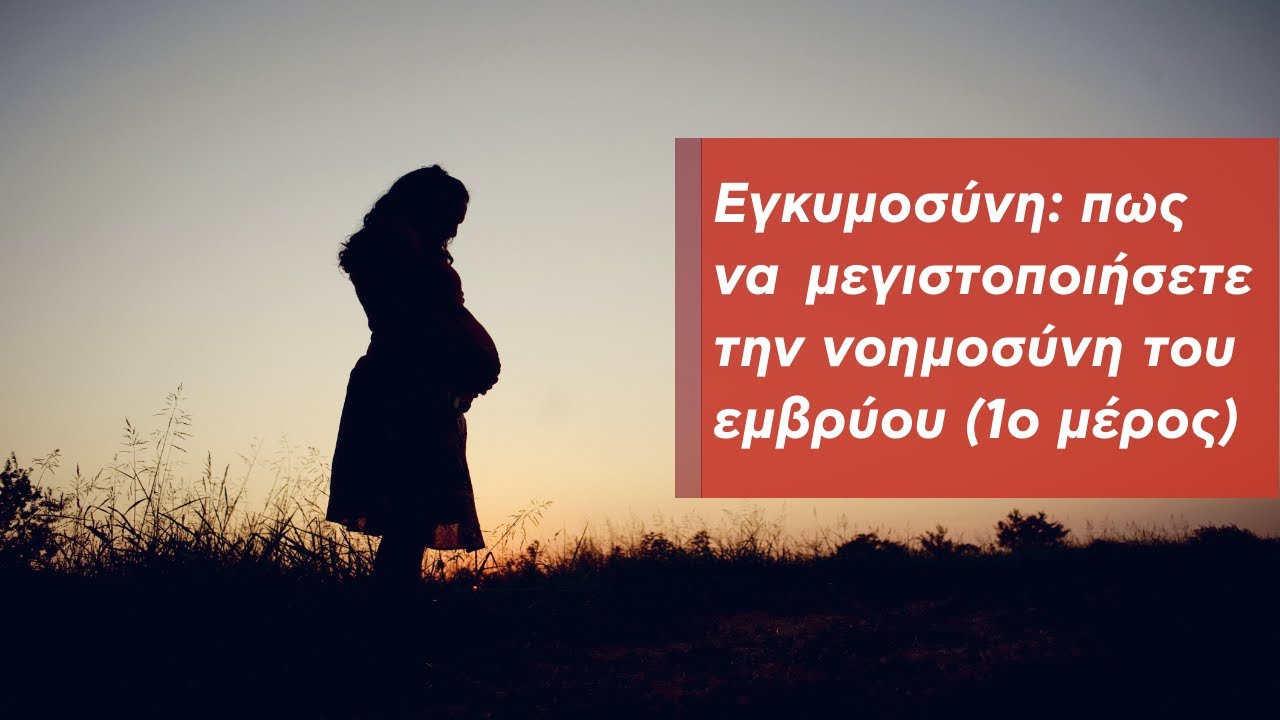
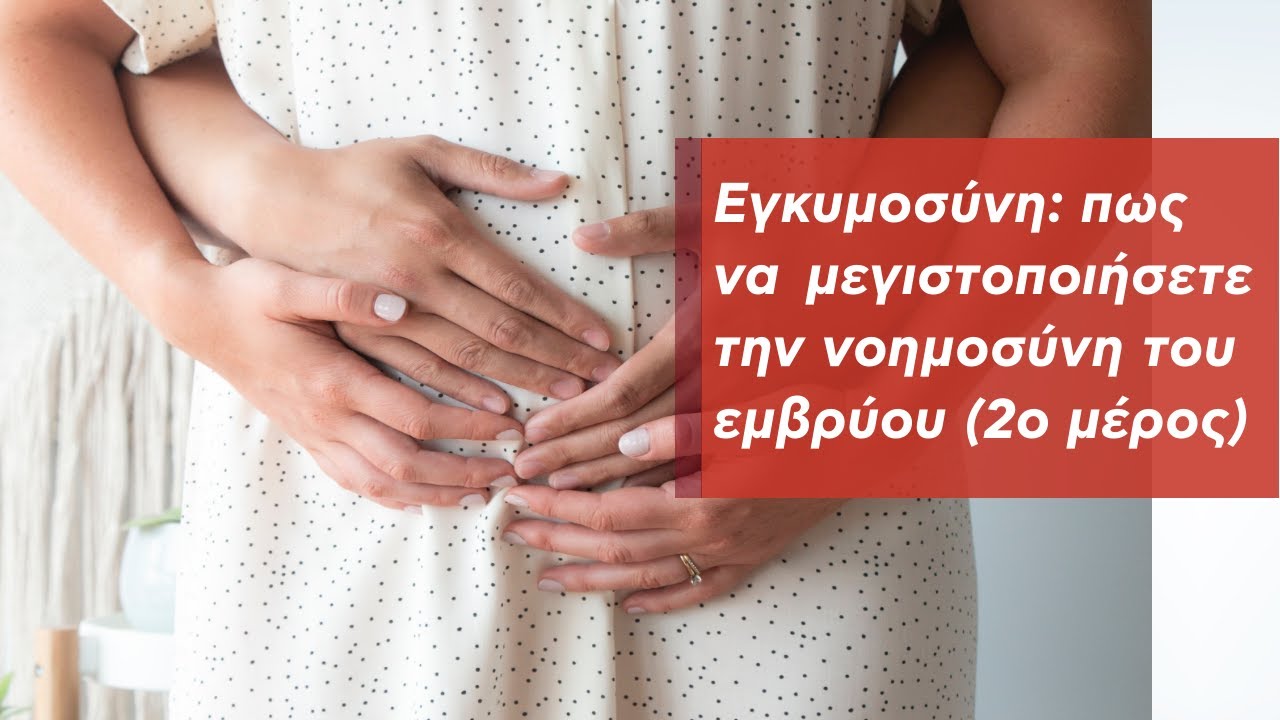
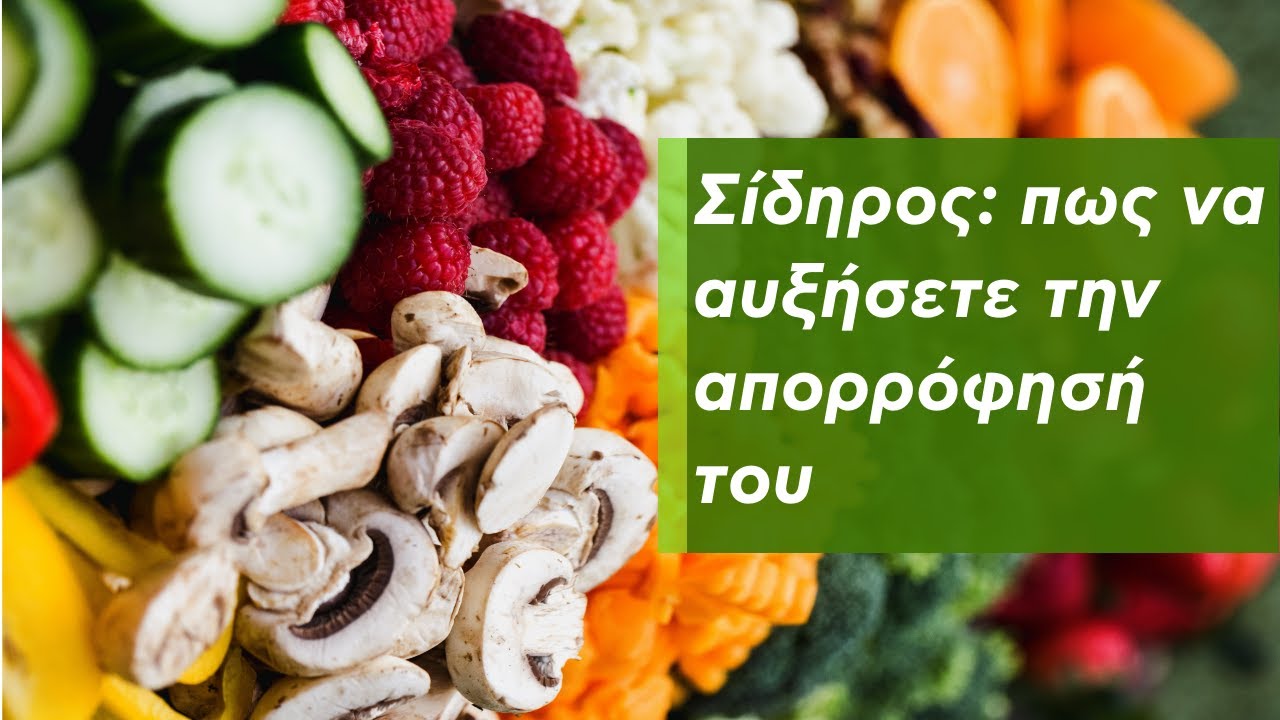
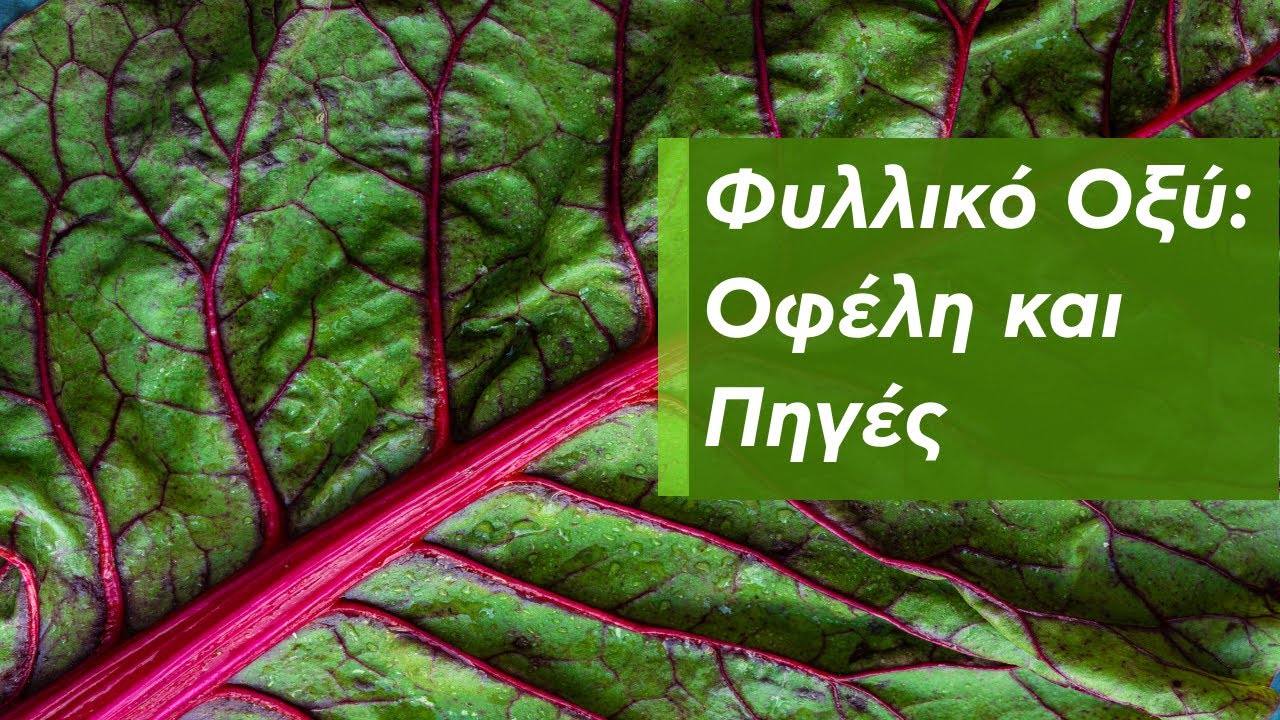
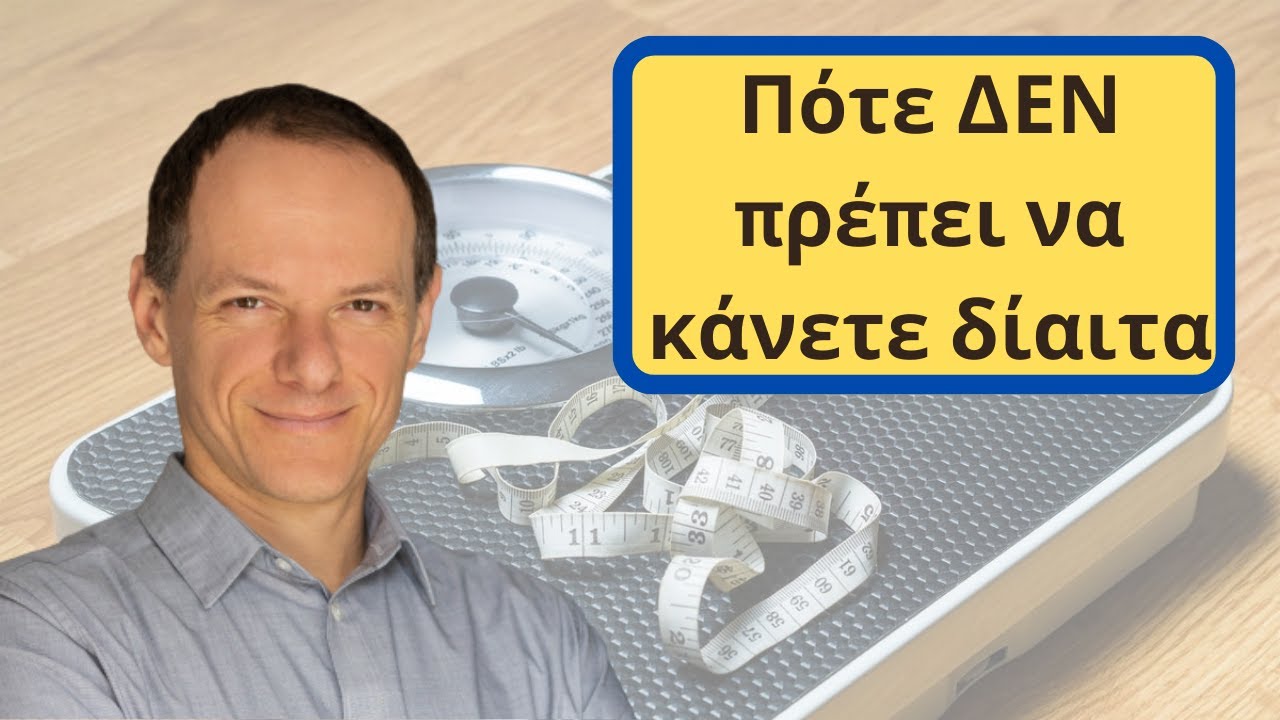
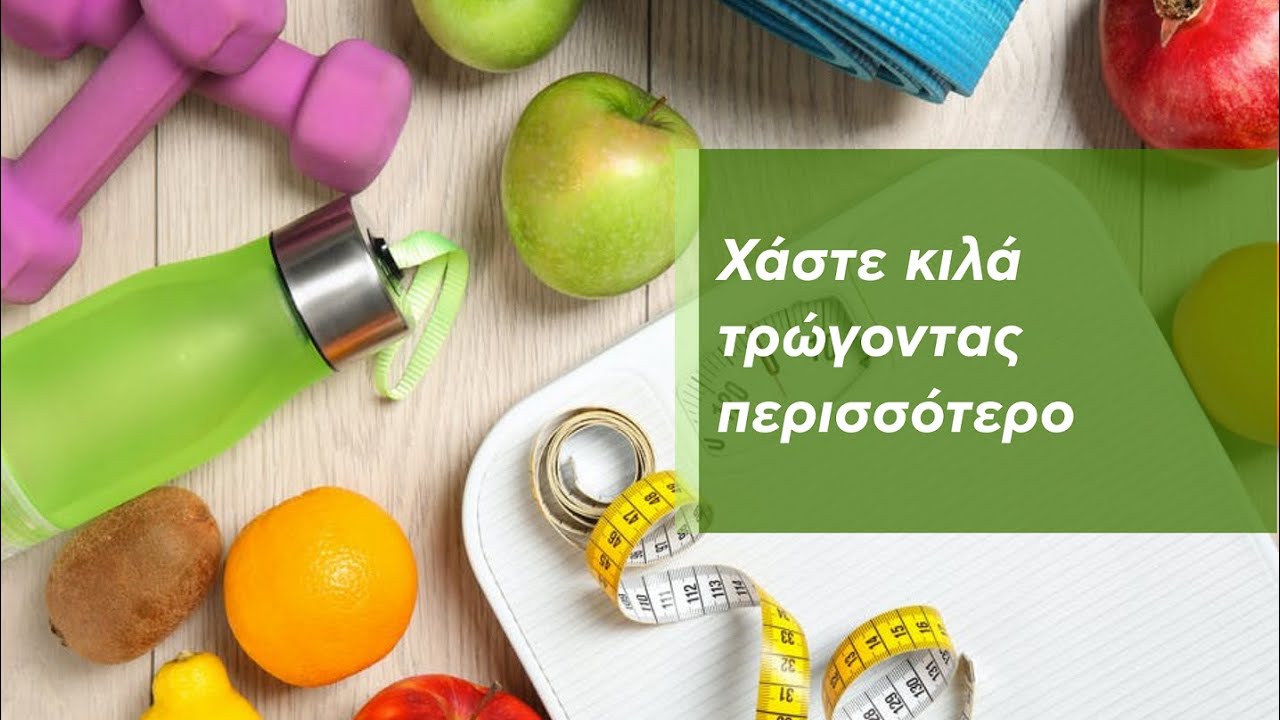
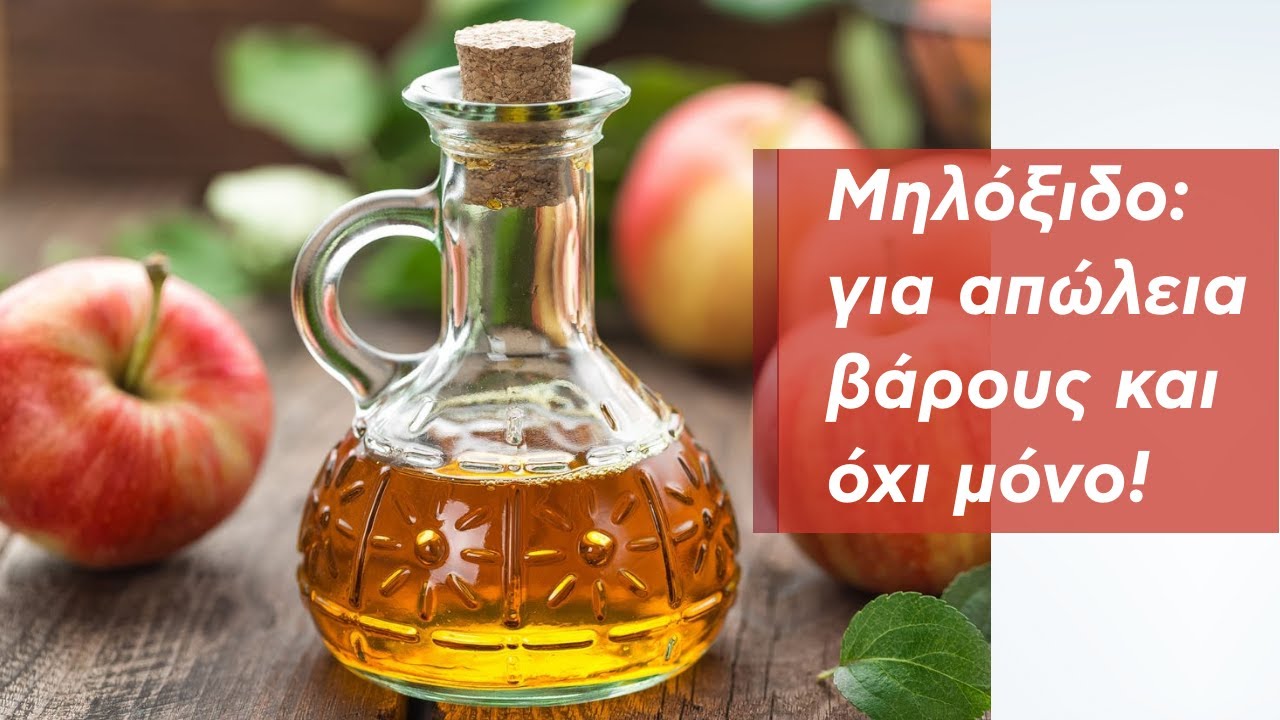
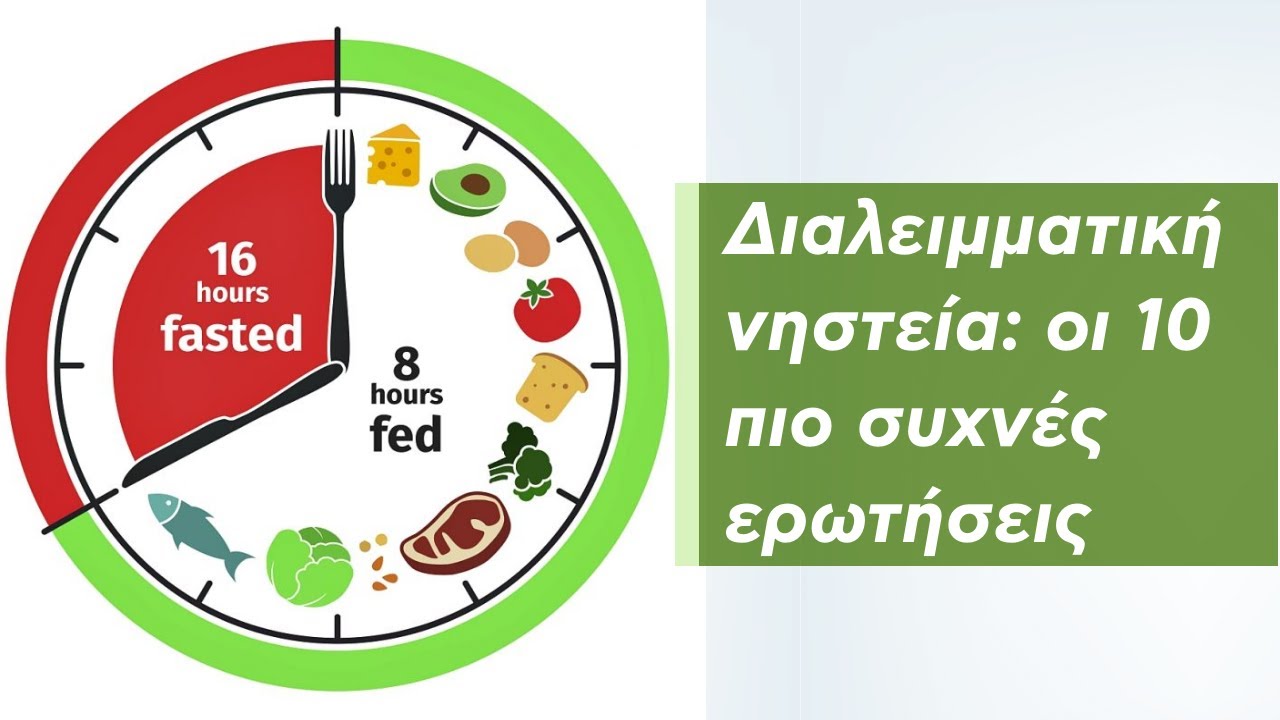
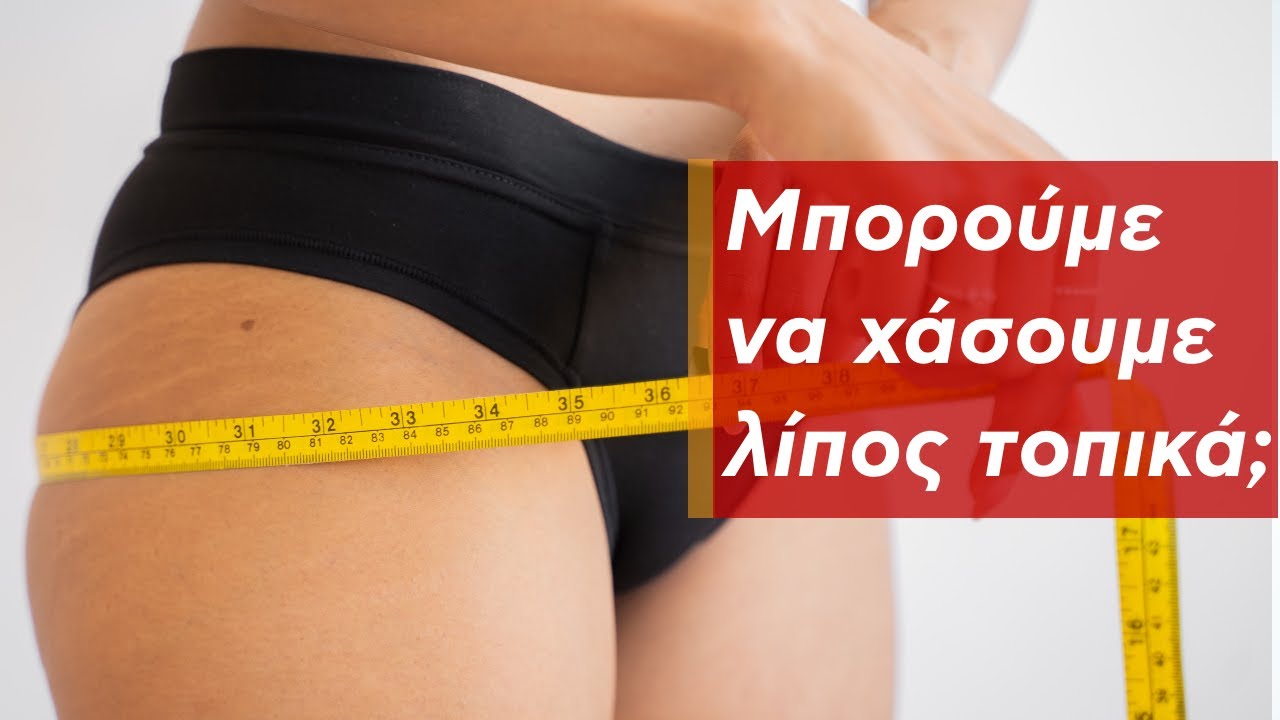
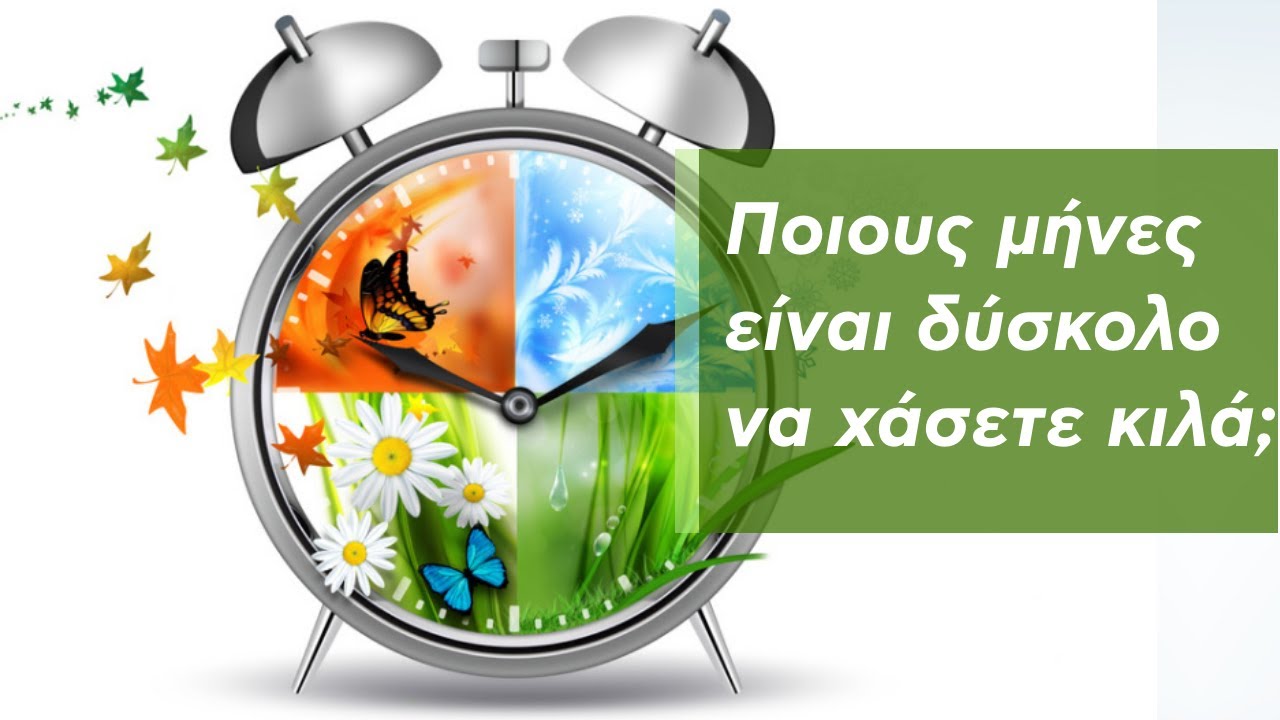
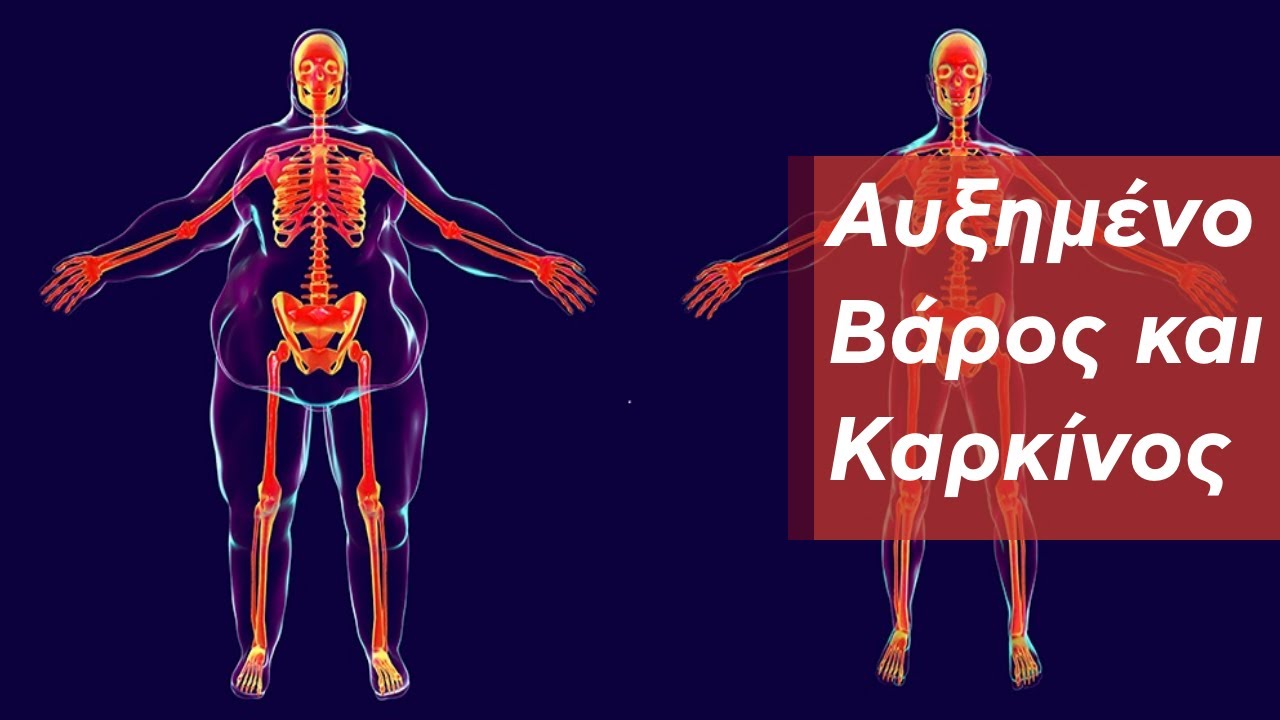
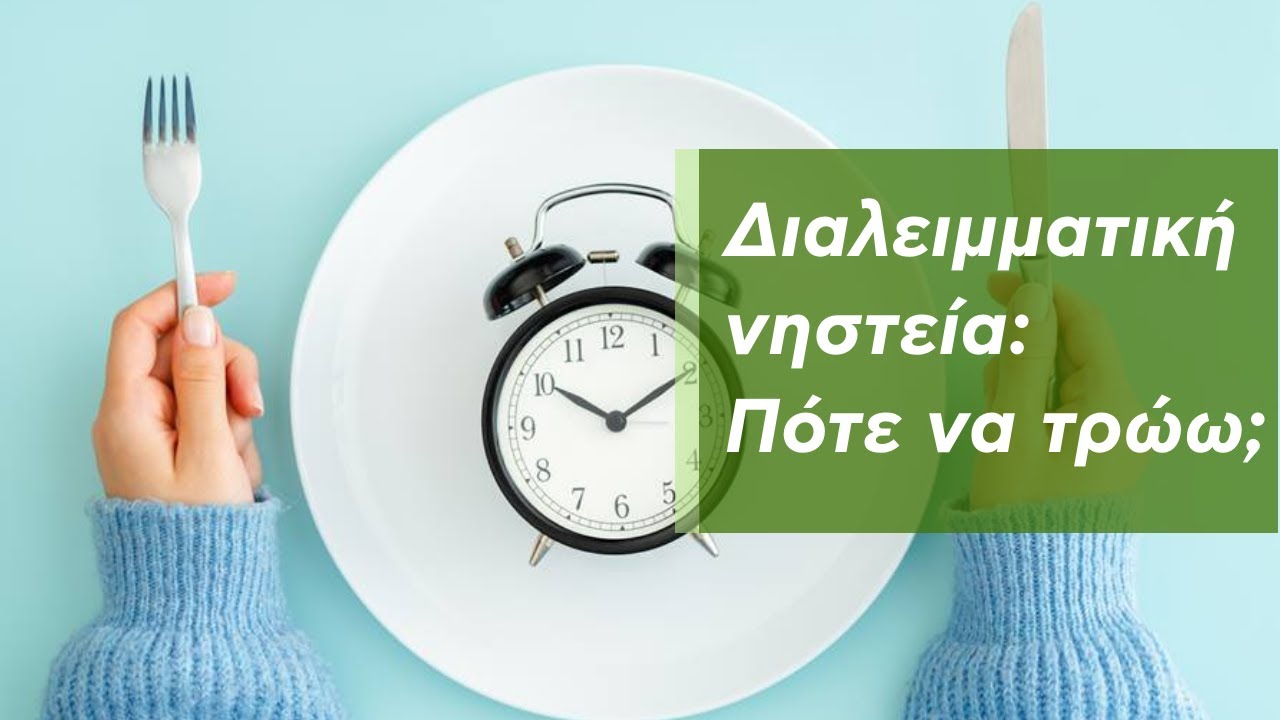
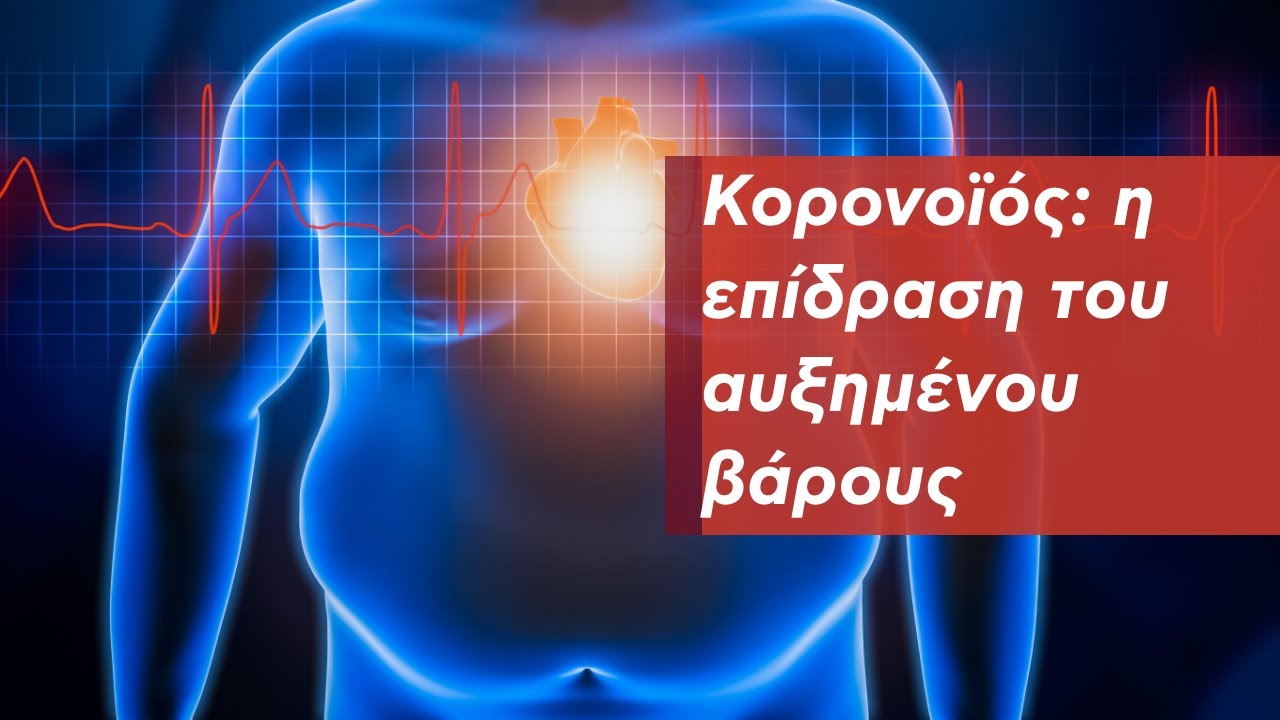
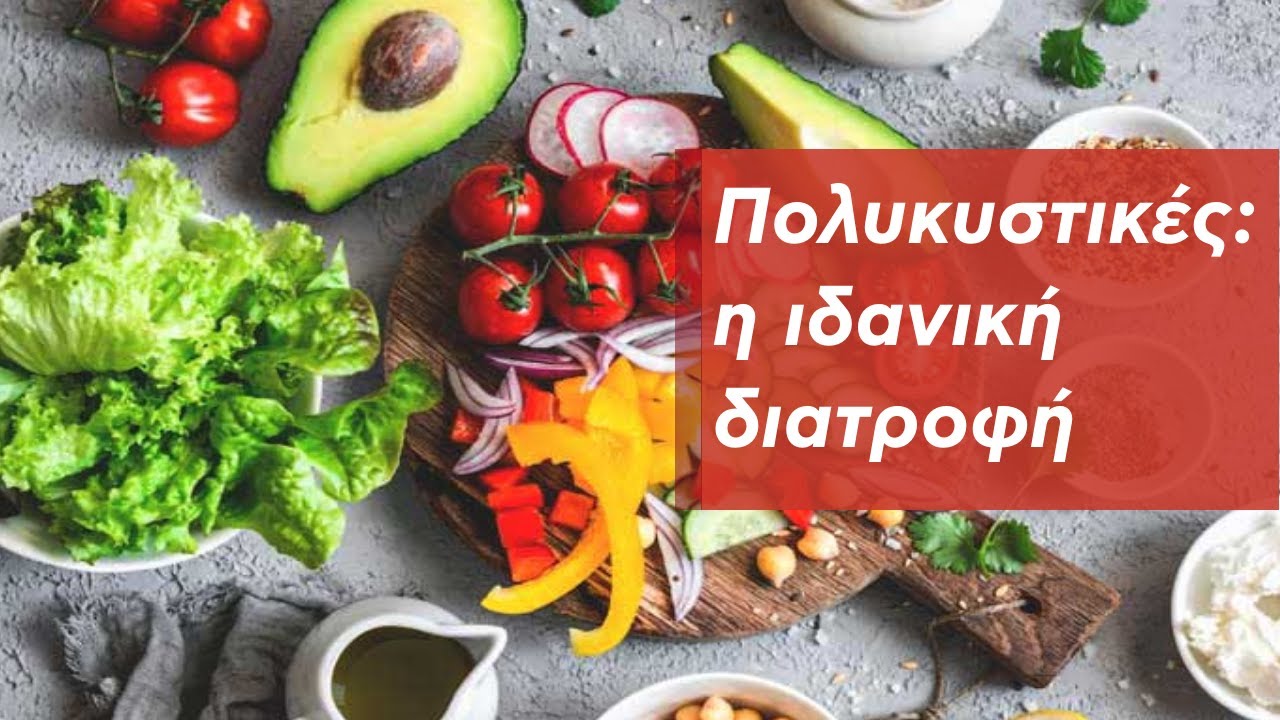
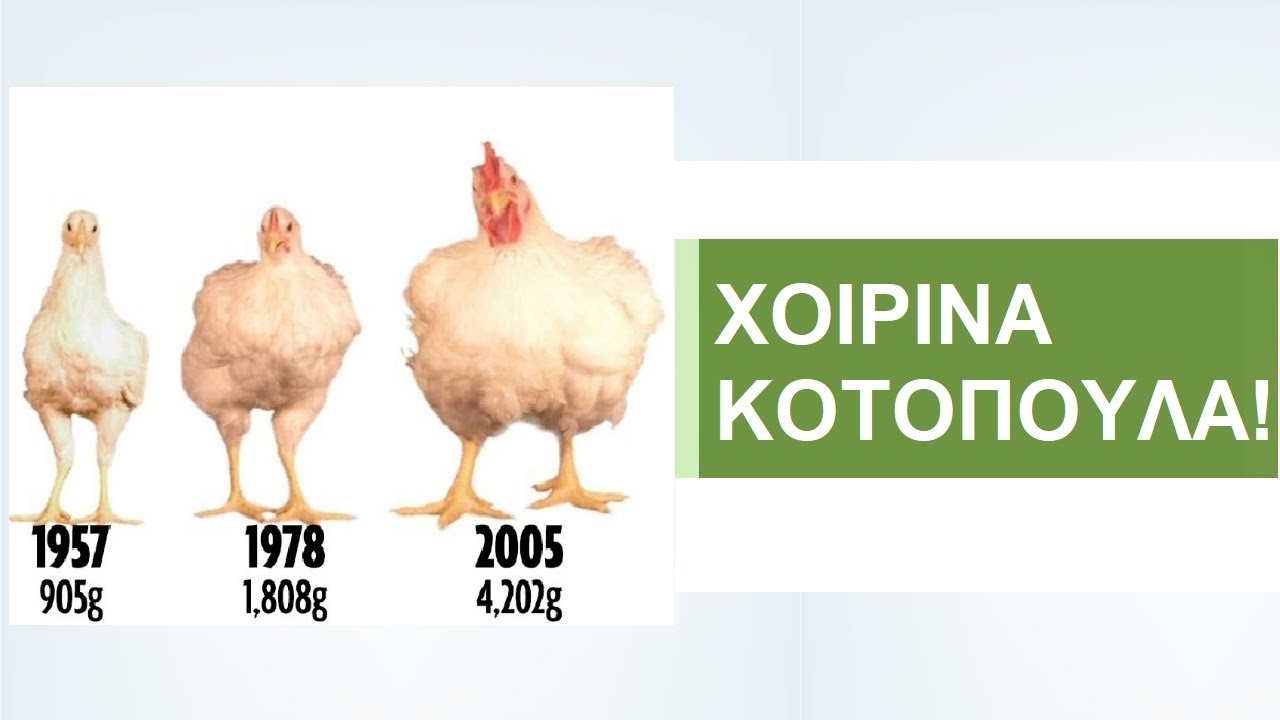
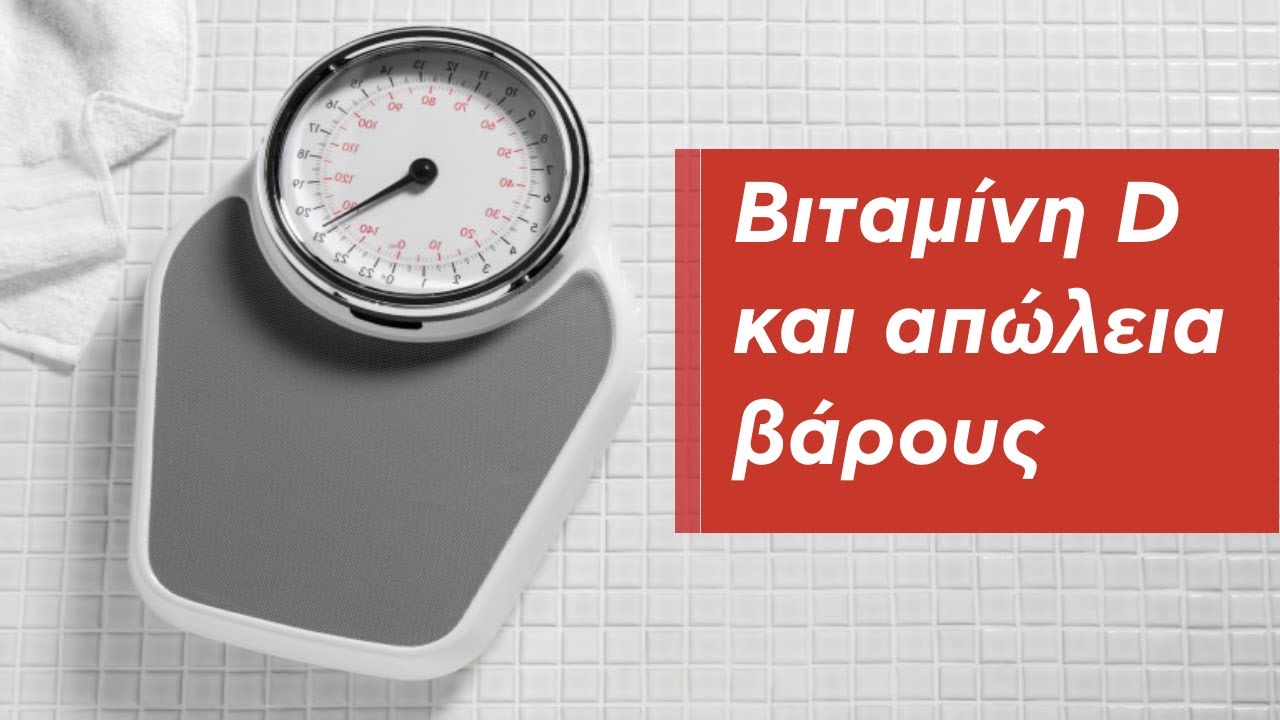
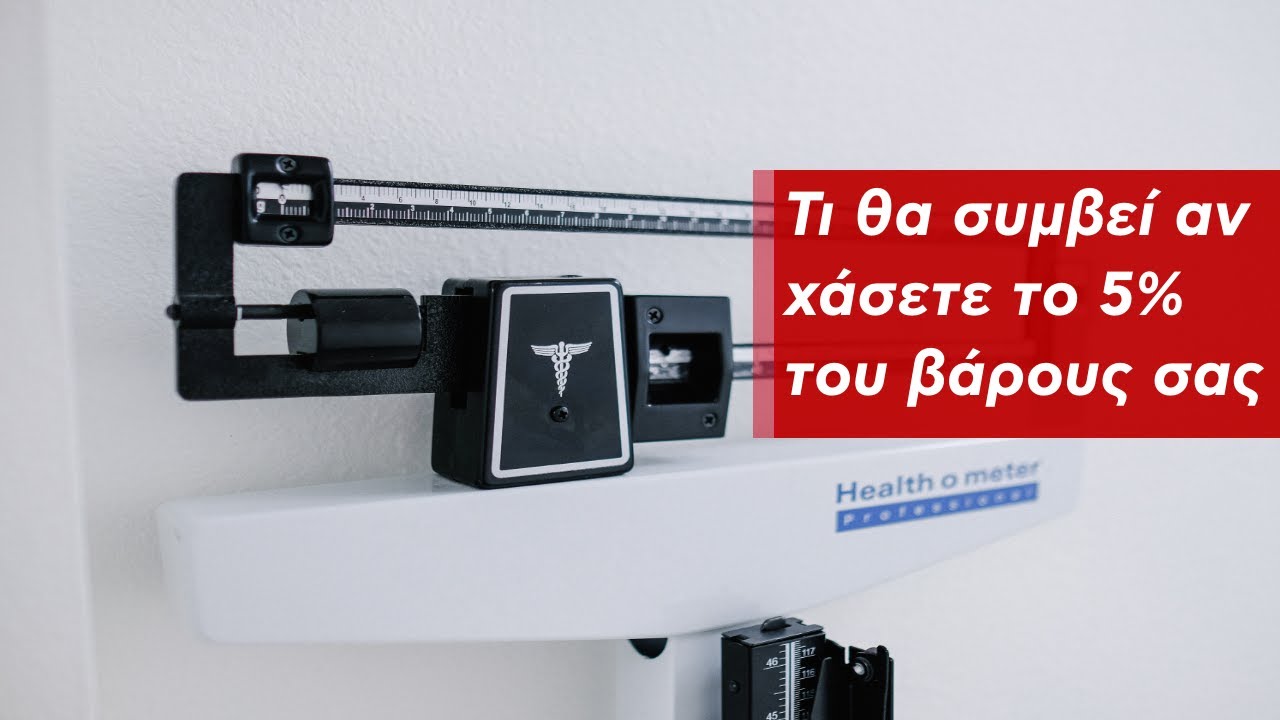
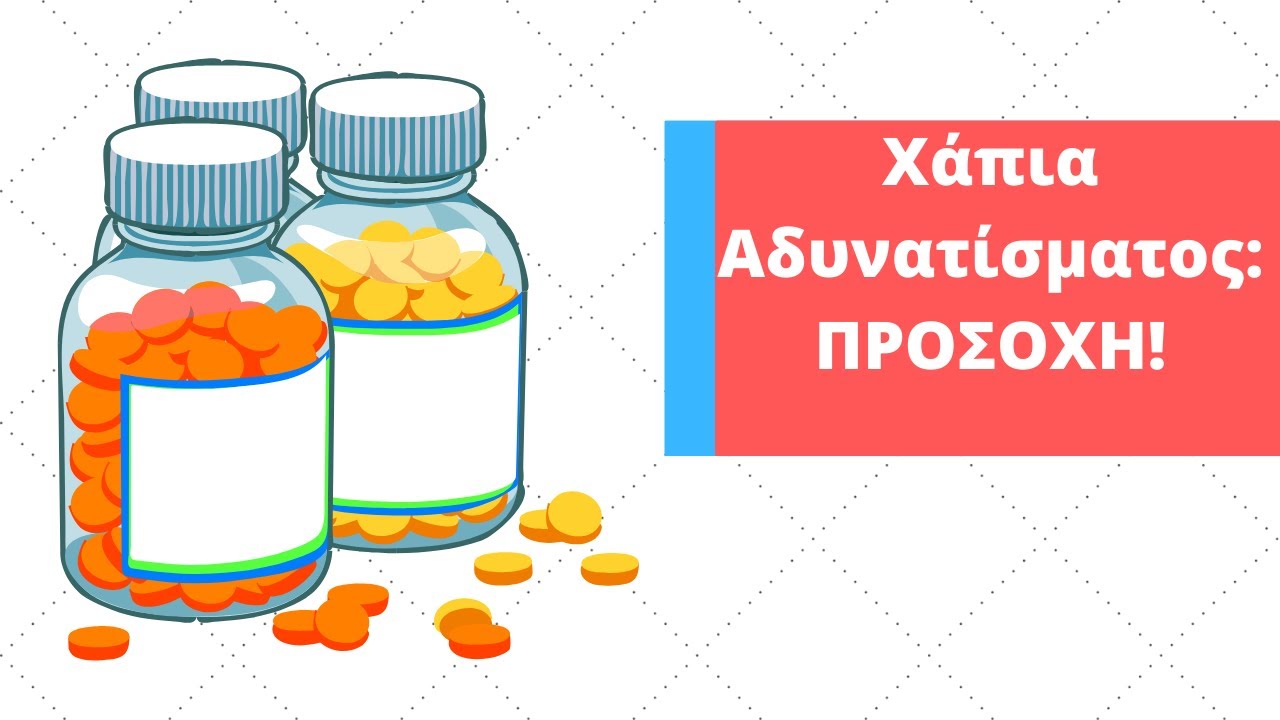
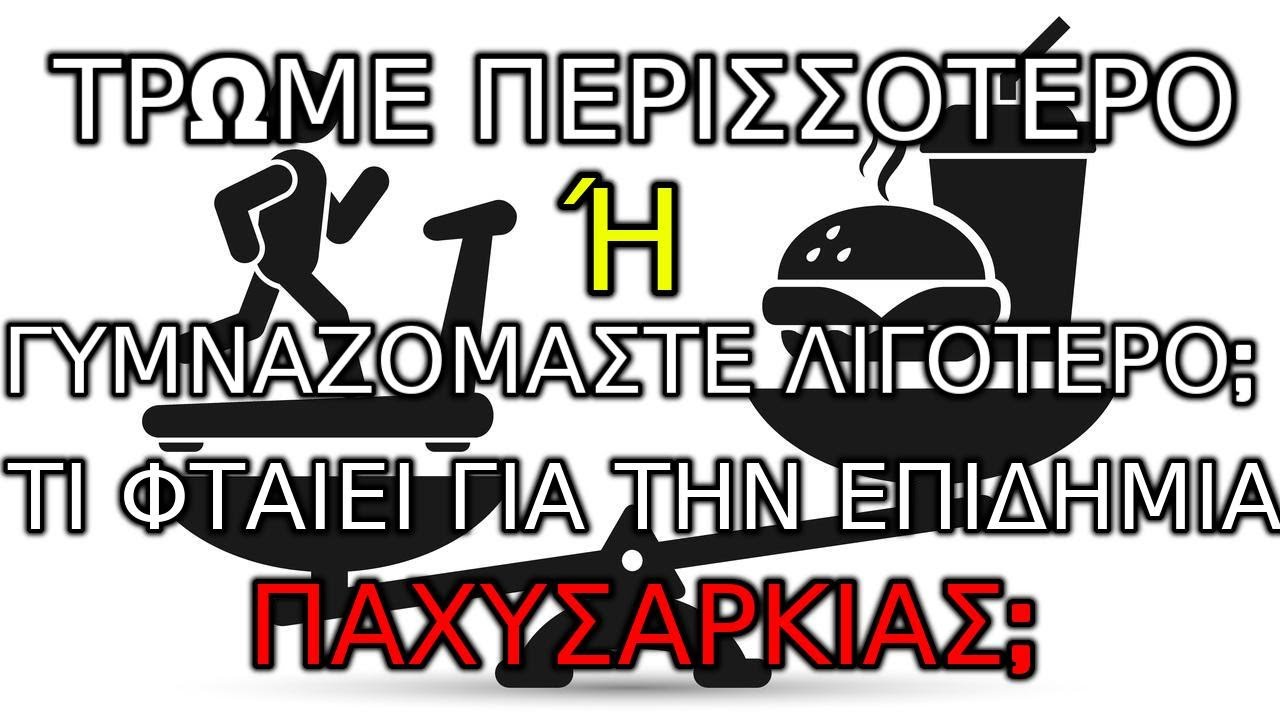



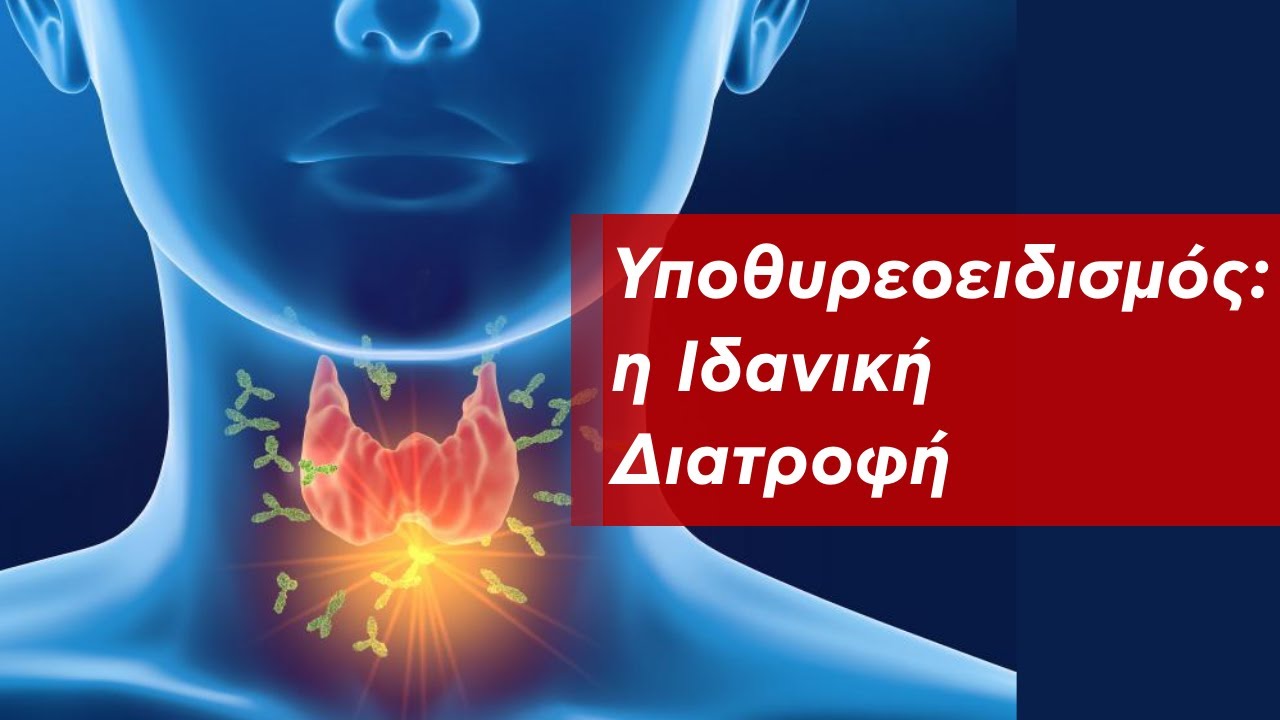
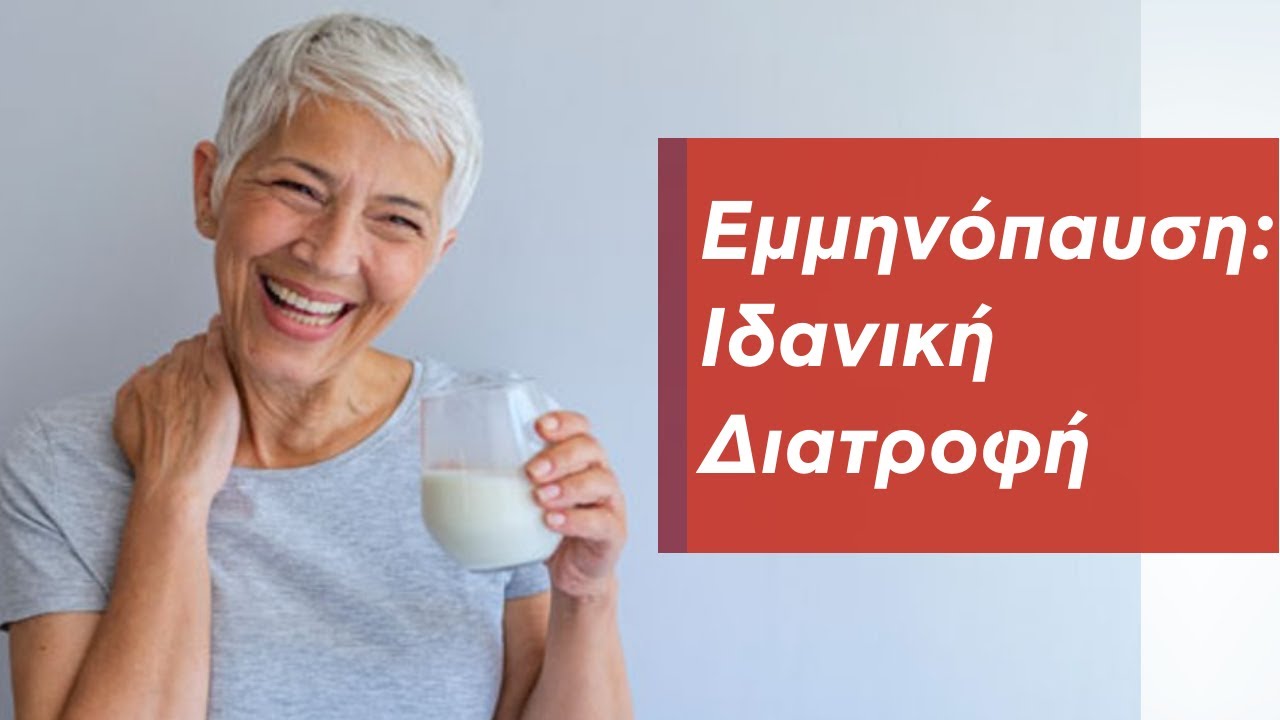
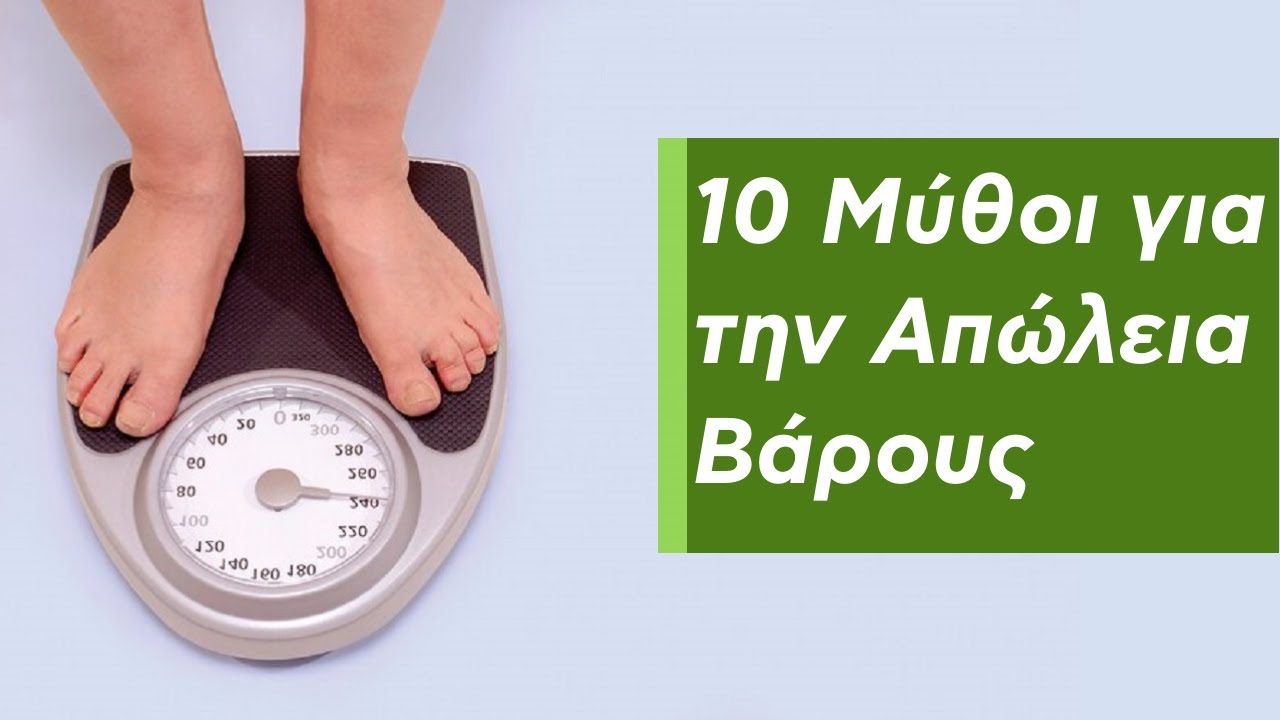
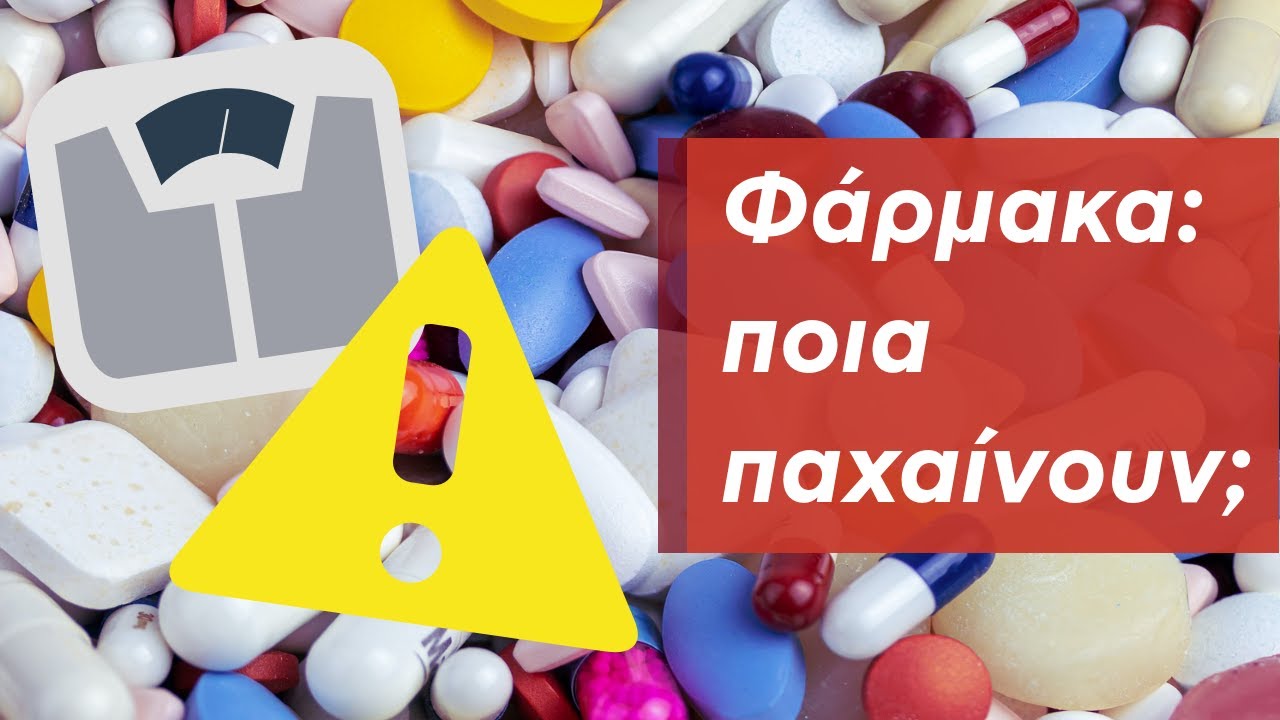


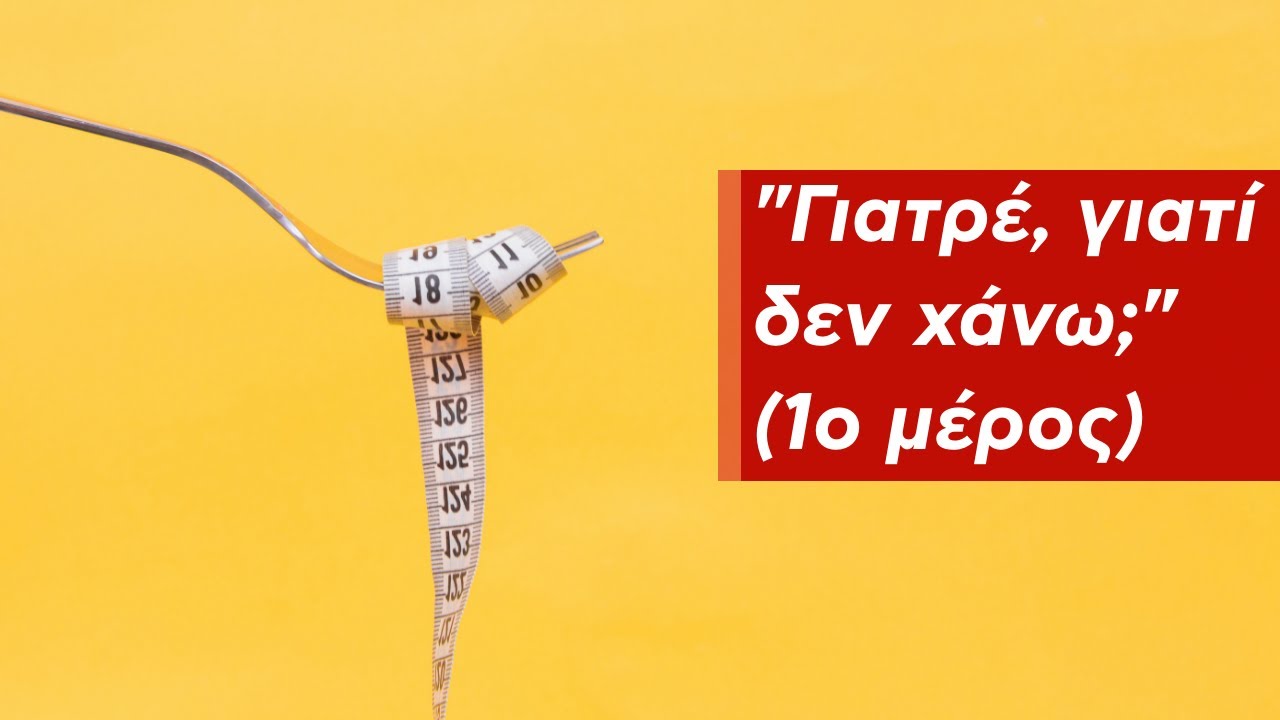
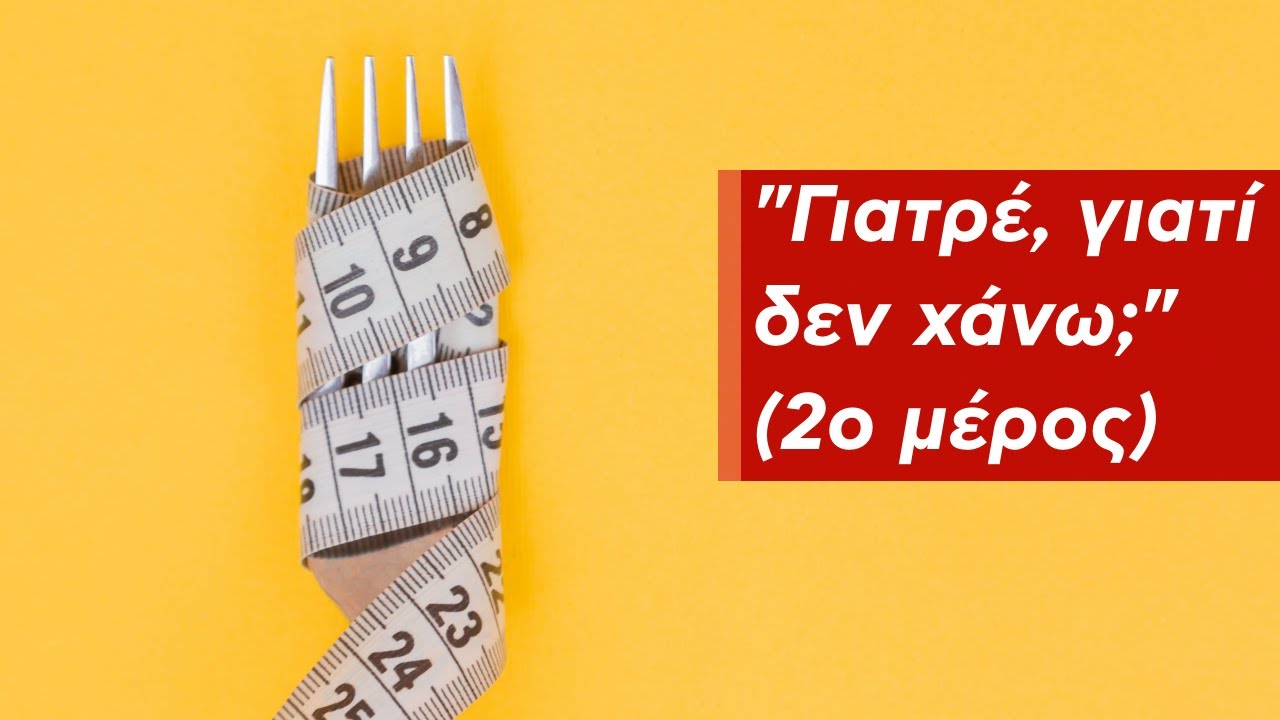
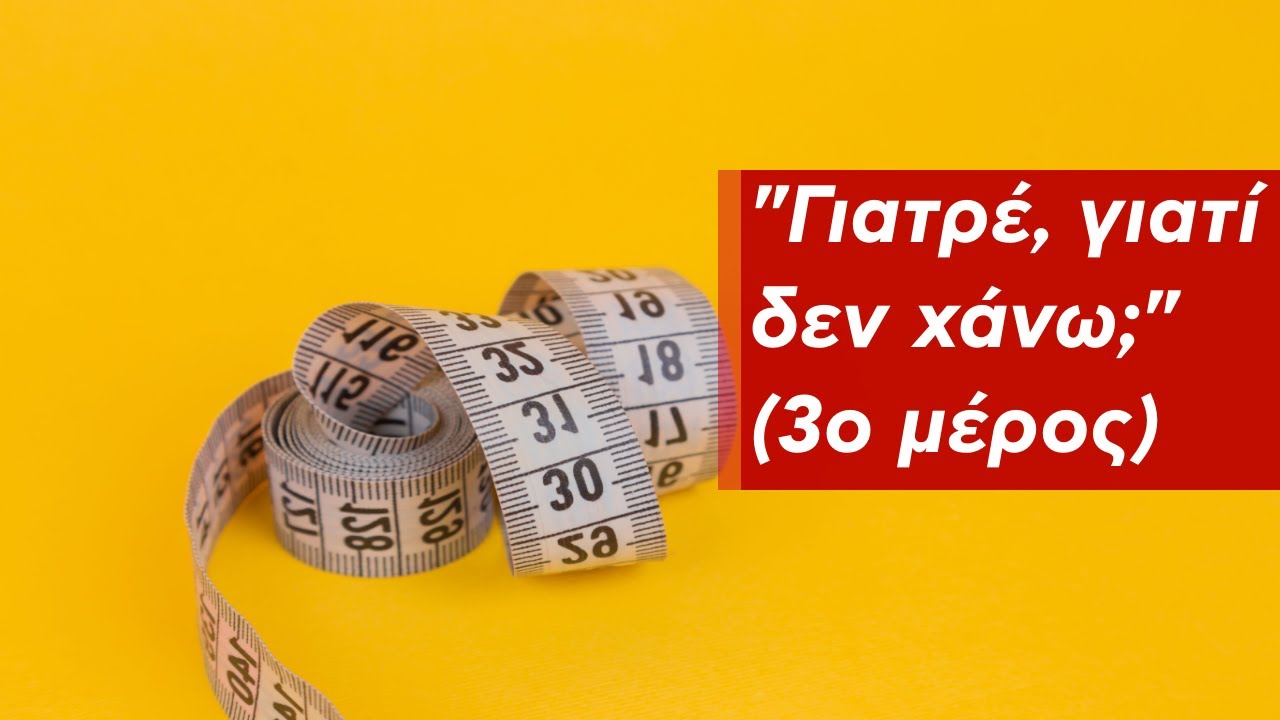
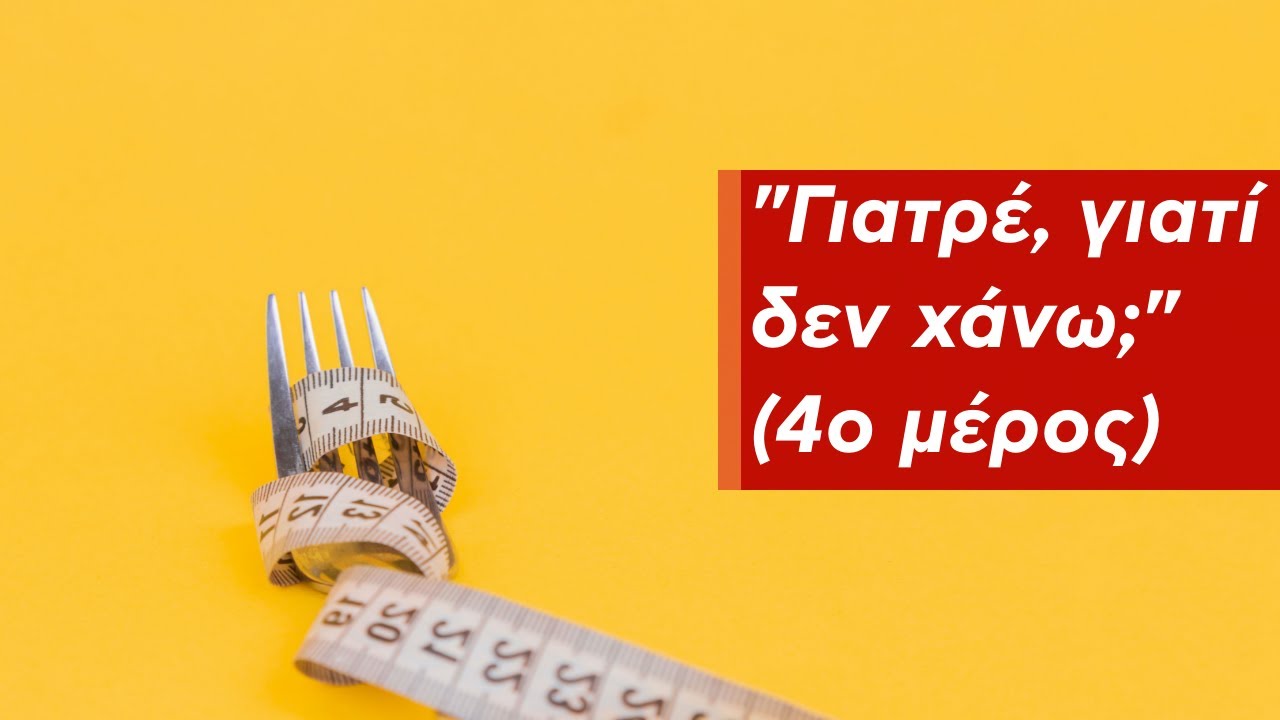
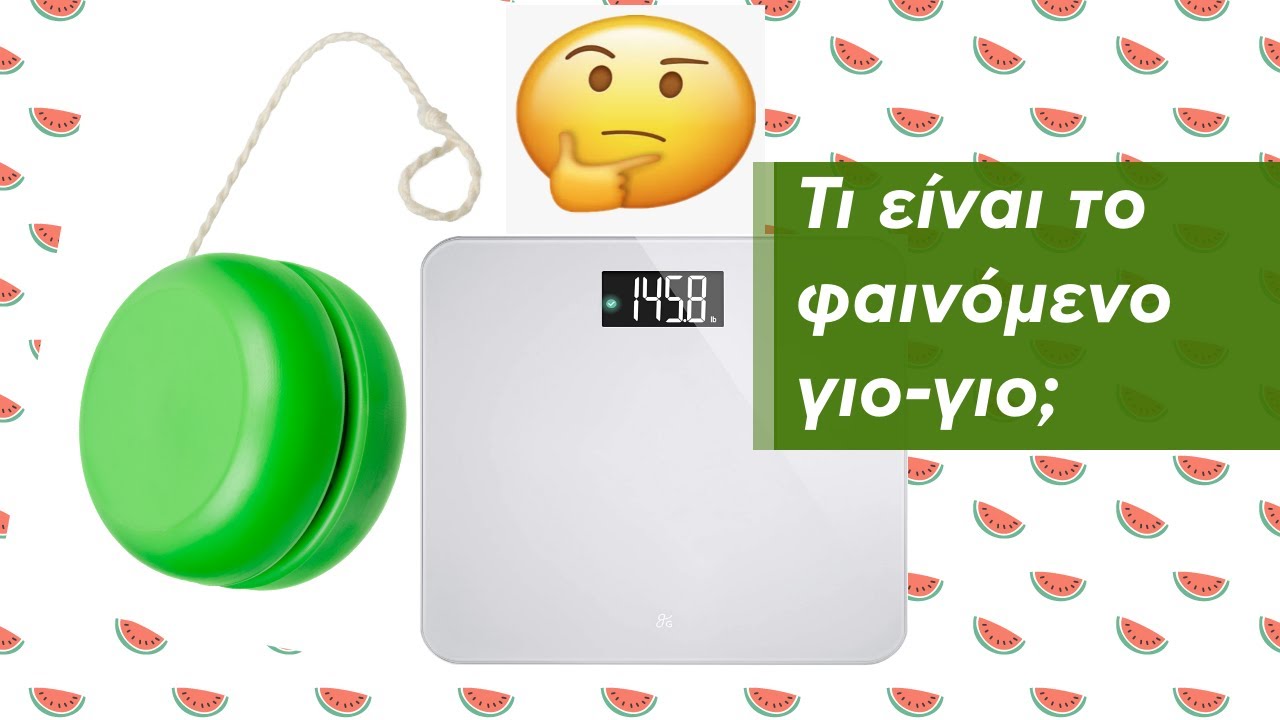
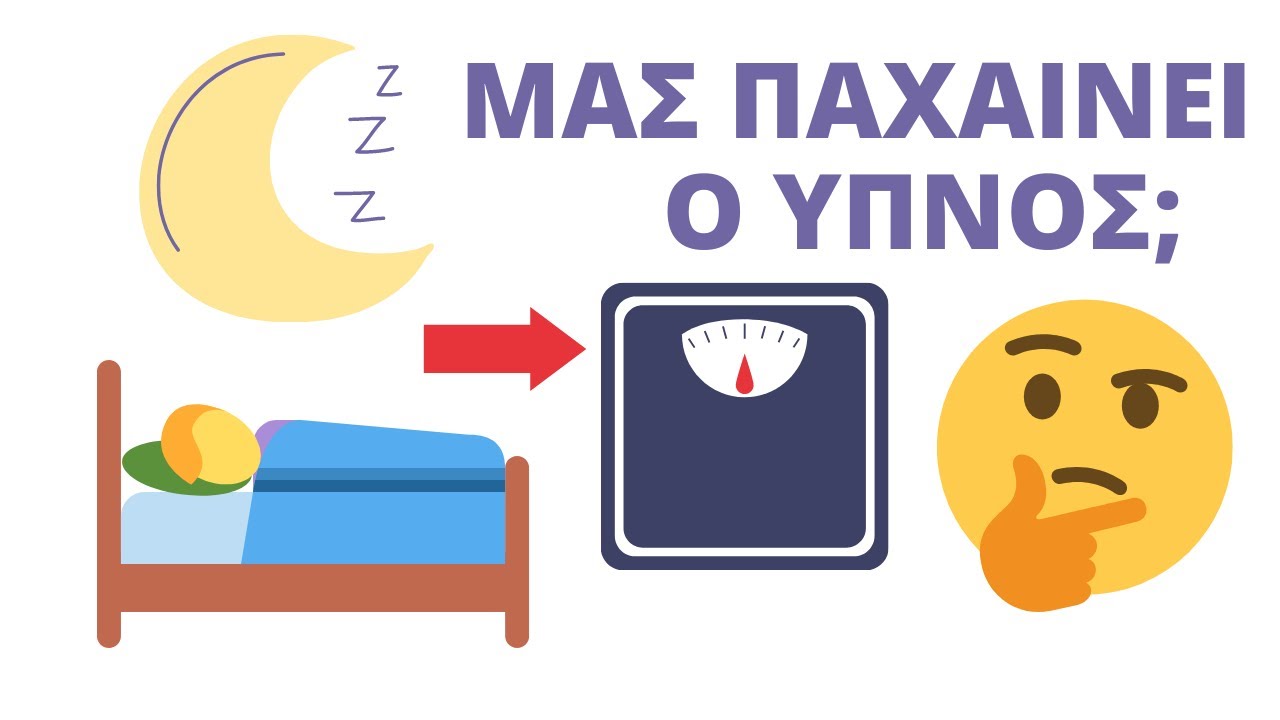
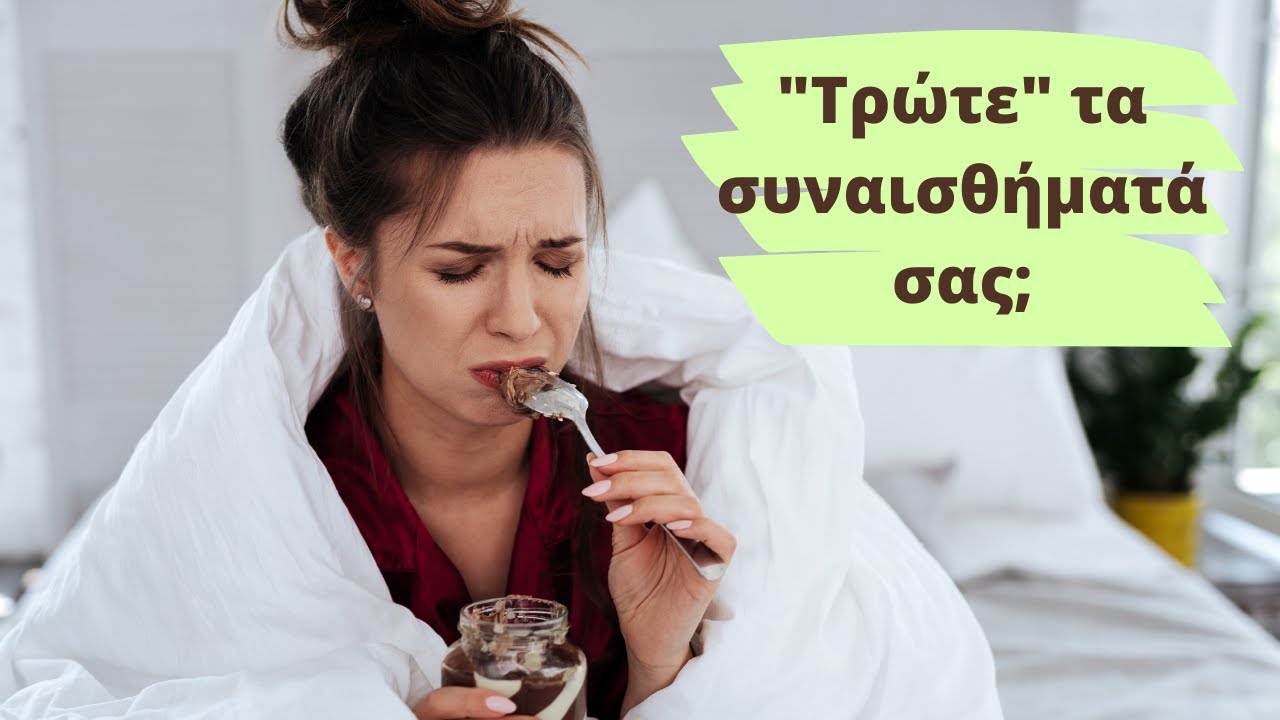
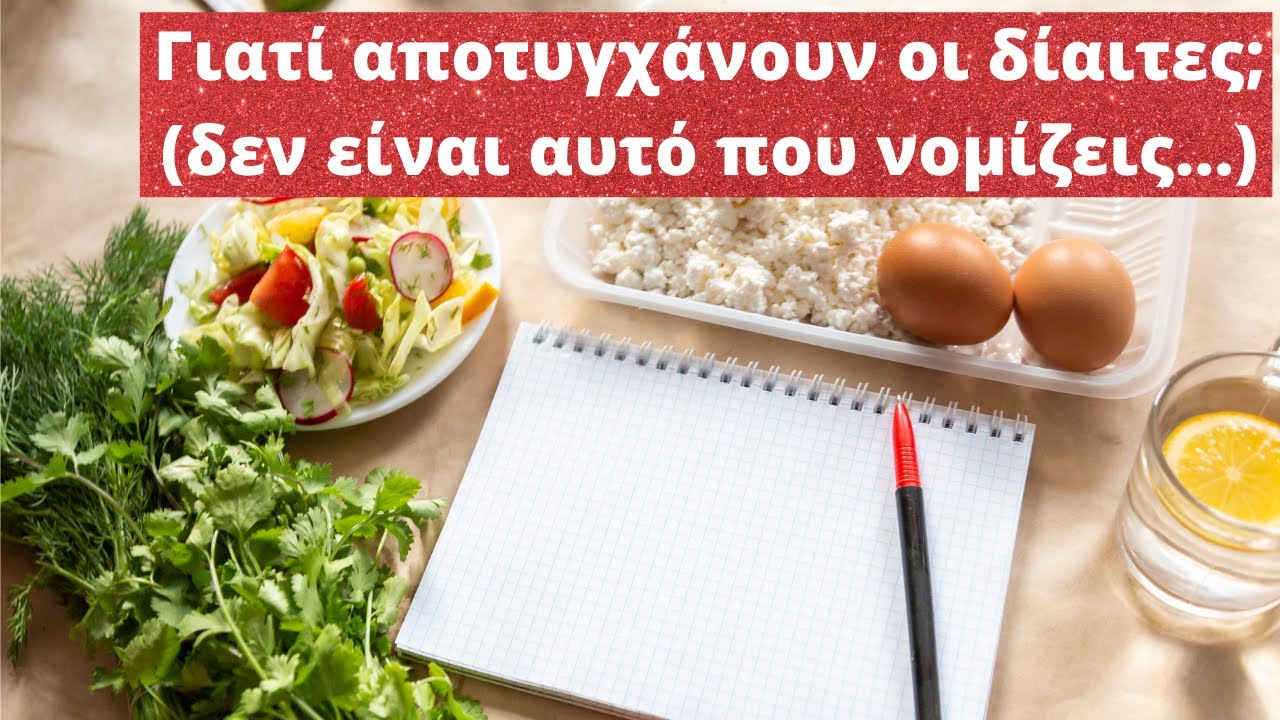
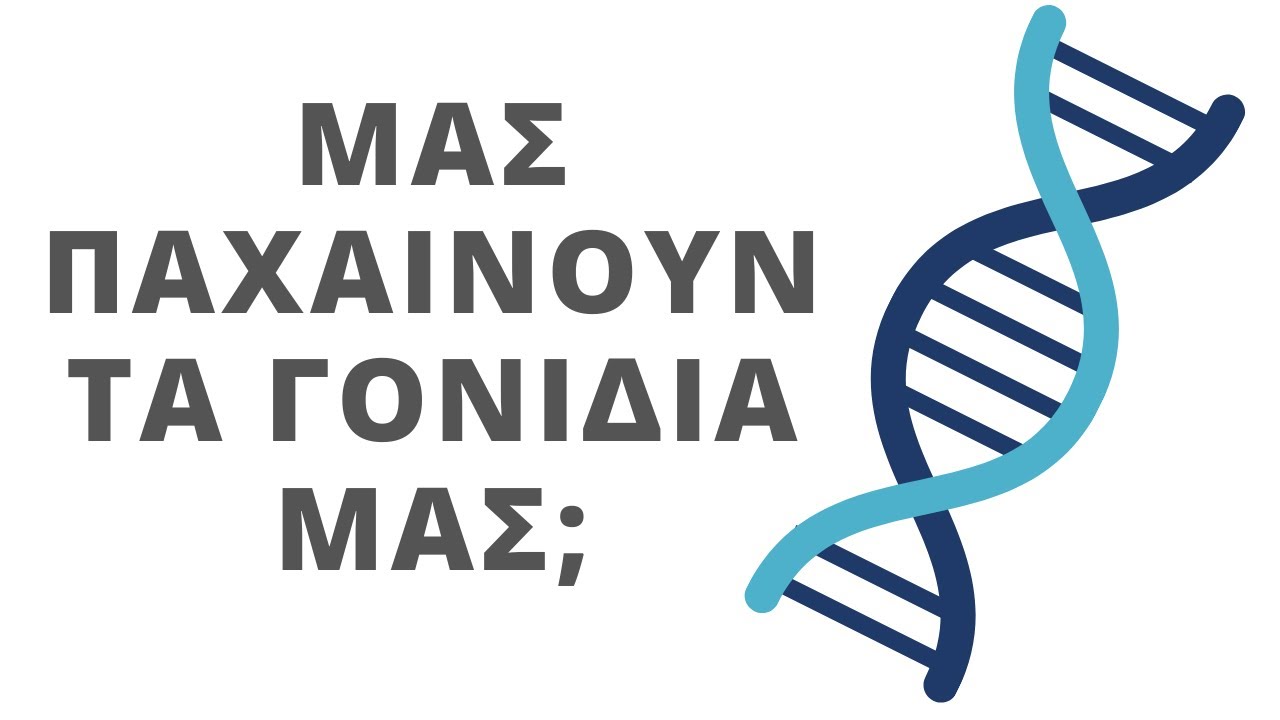
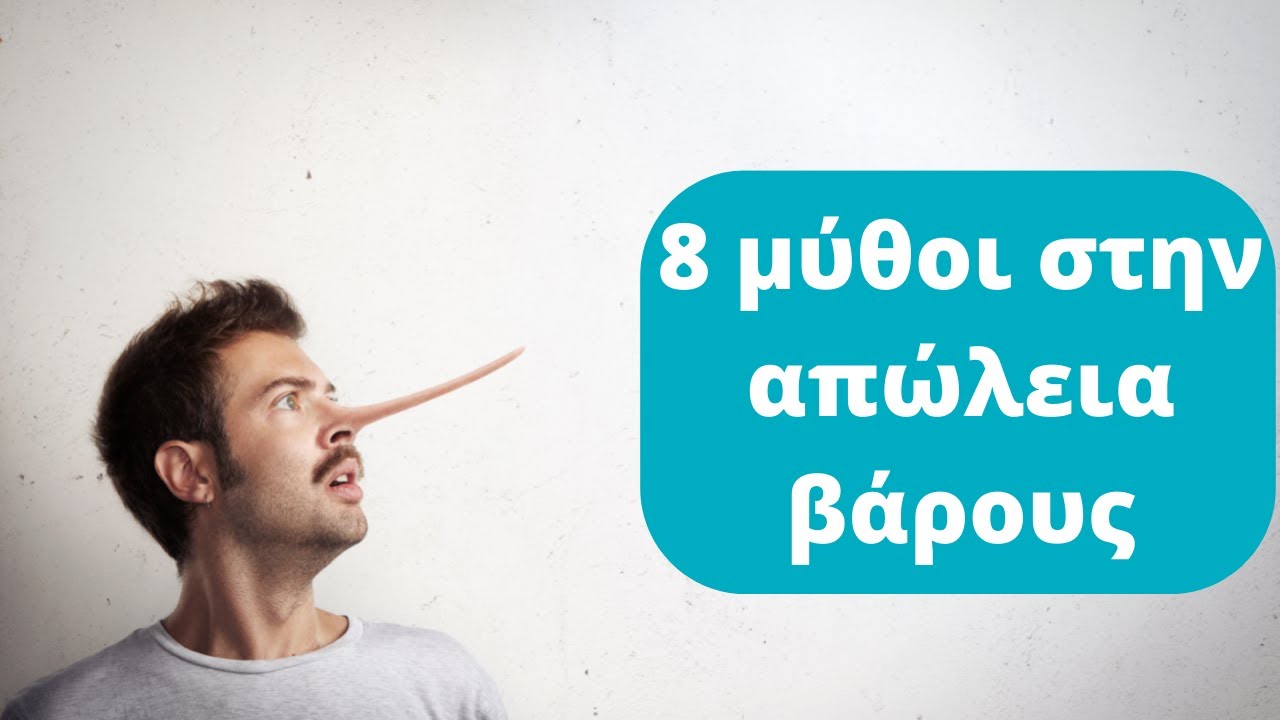

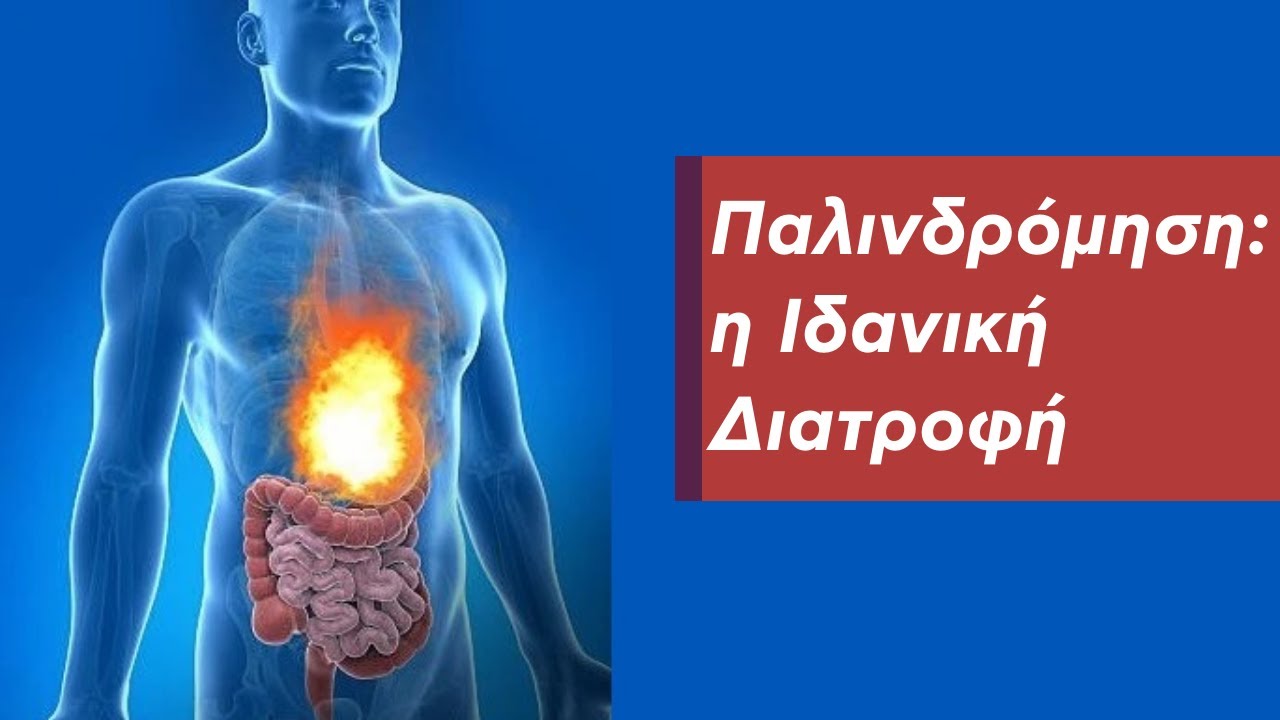
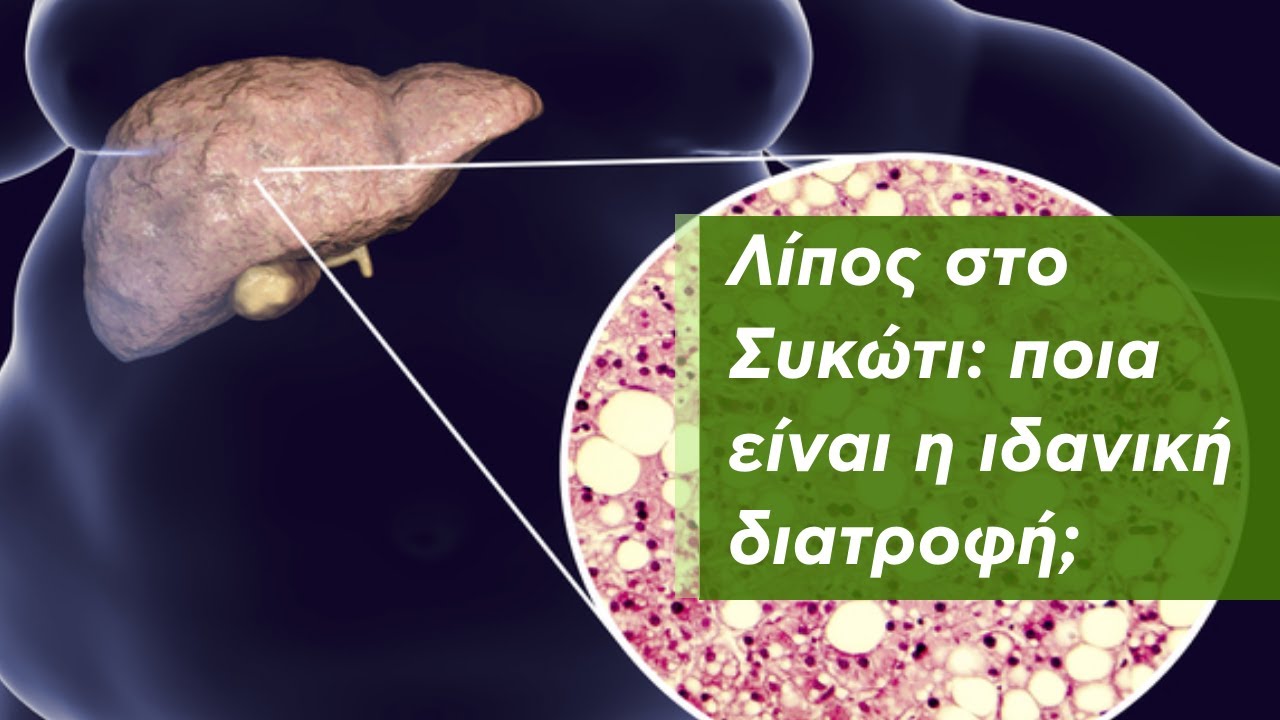
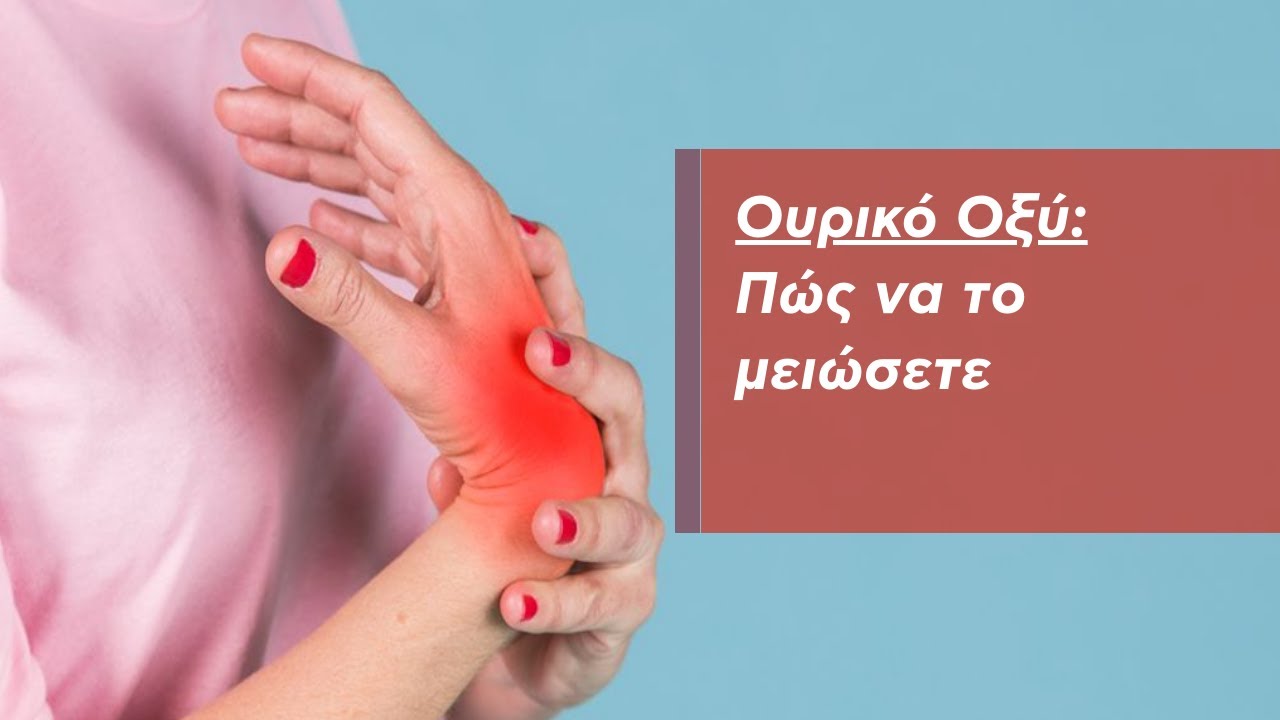
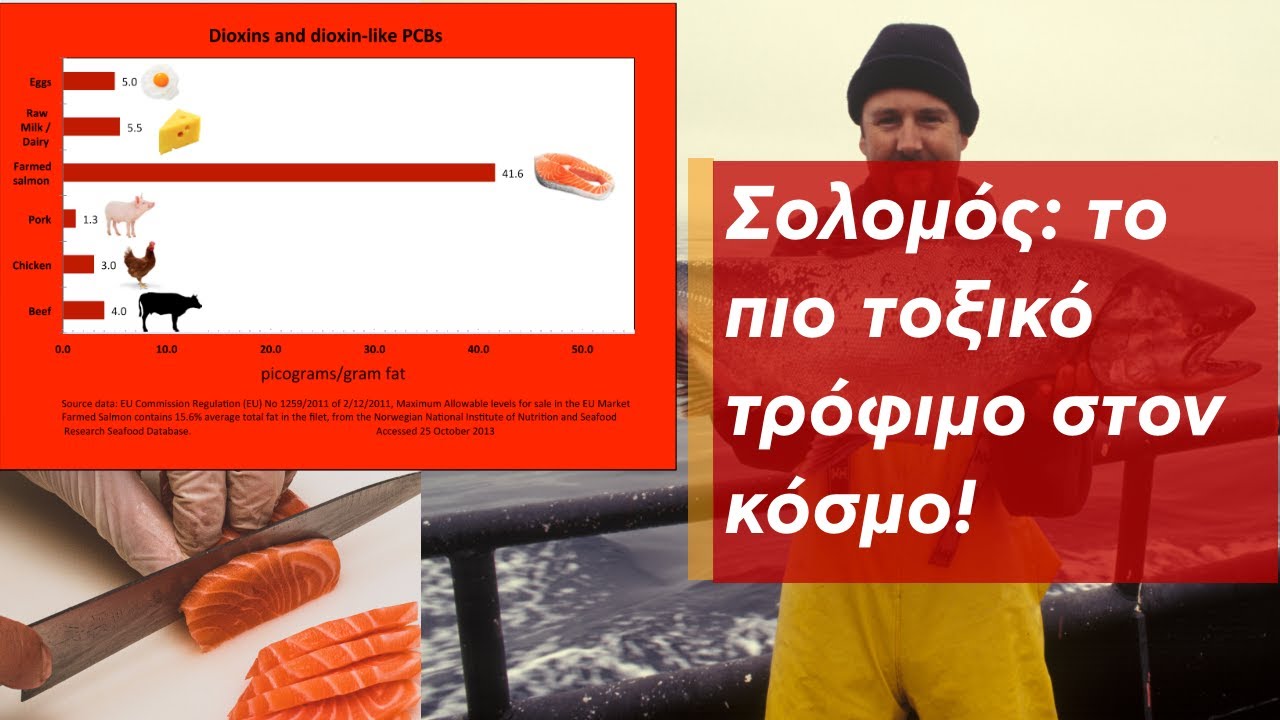
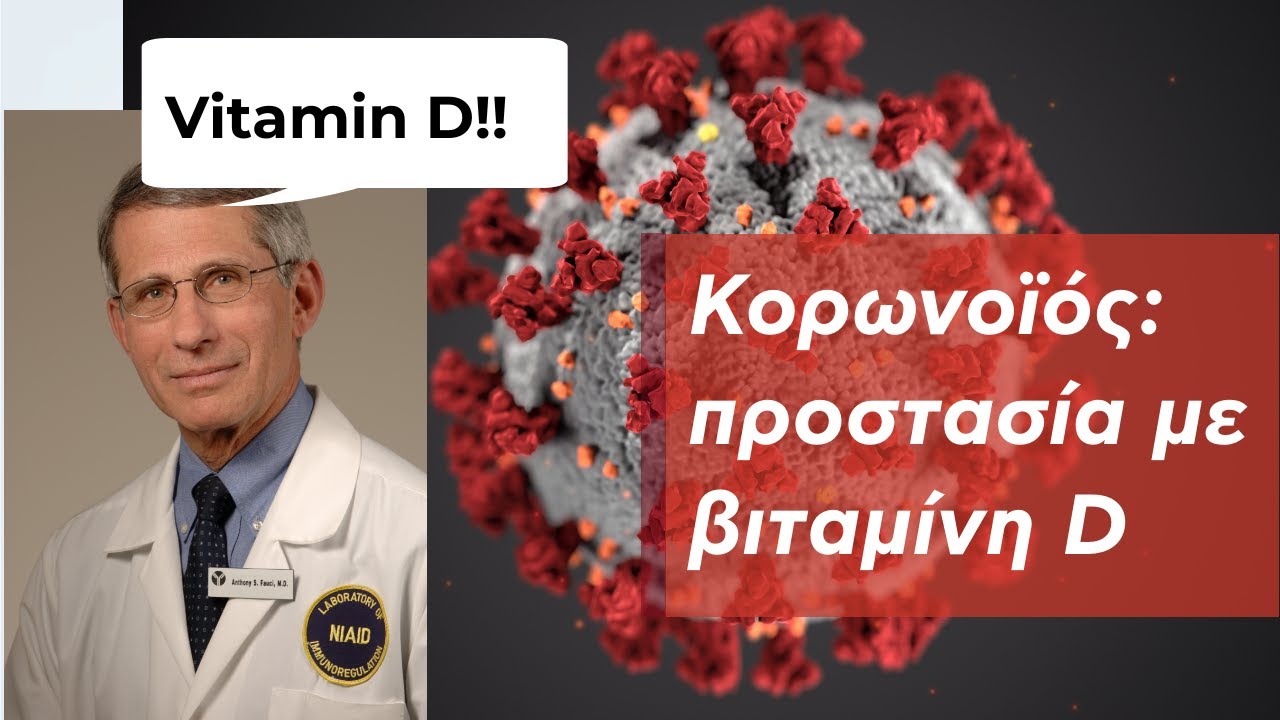
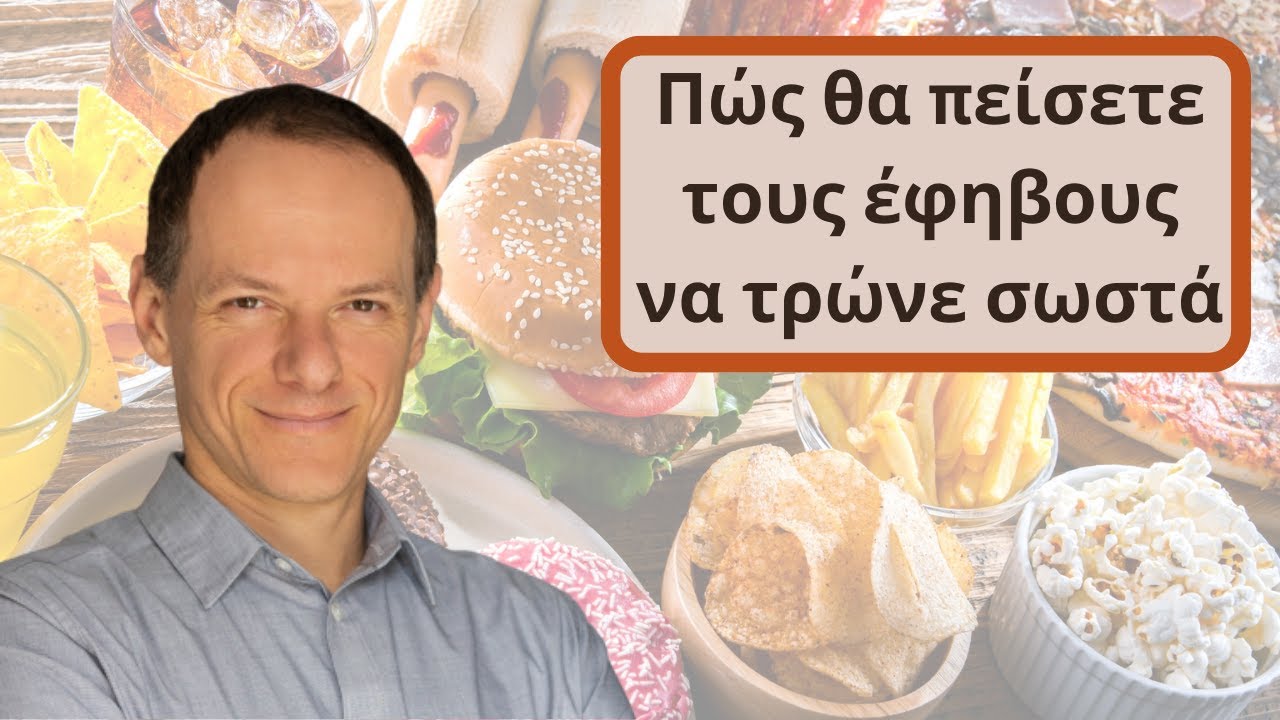

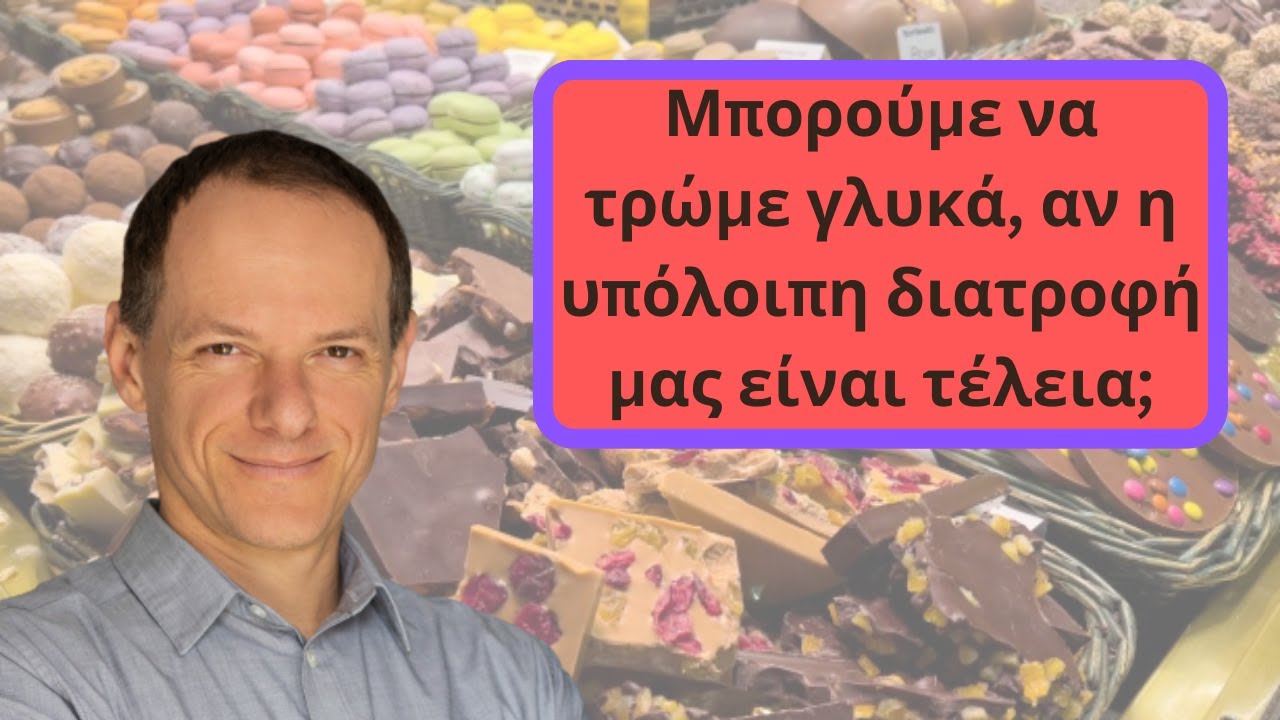
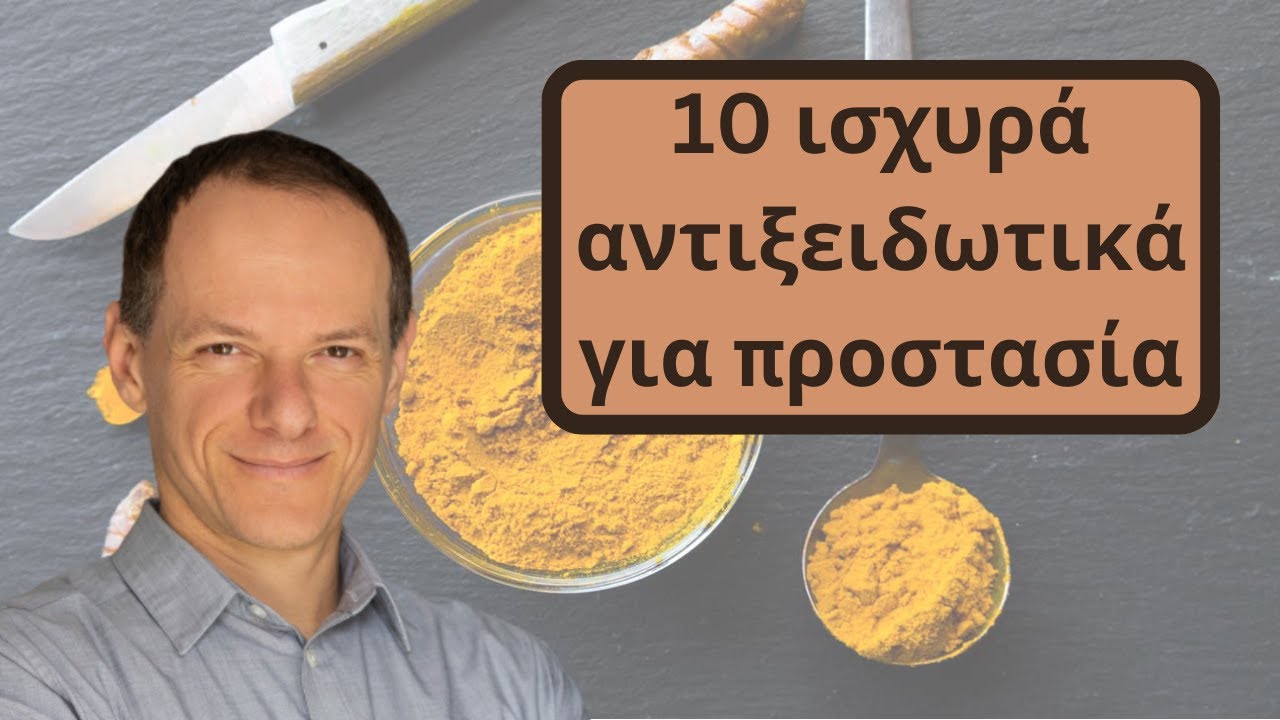
0 Σχόλια